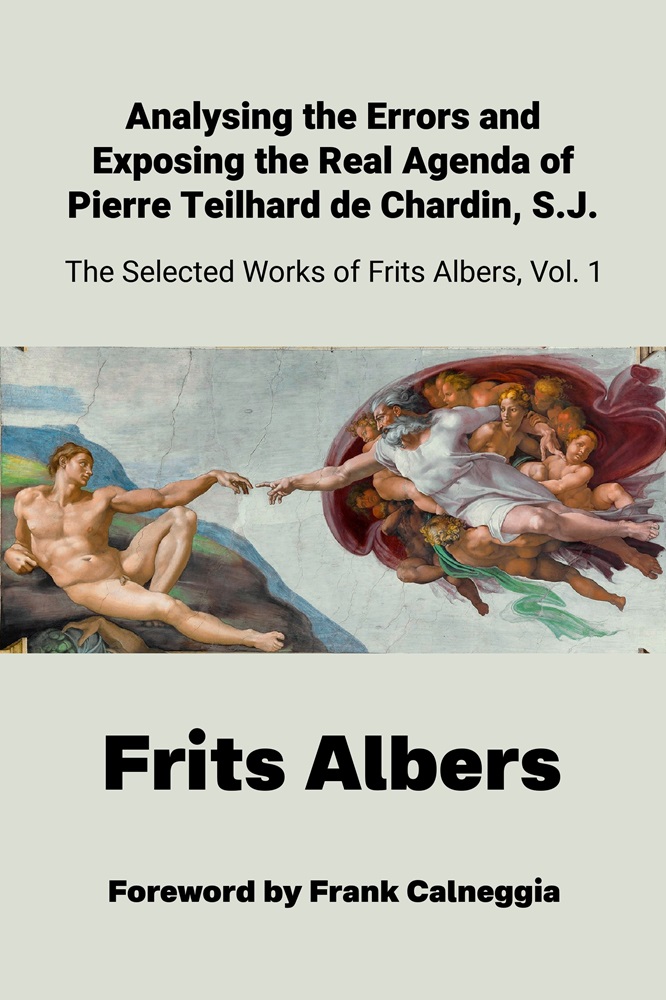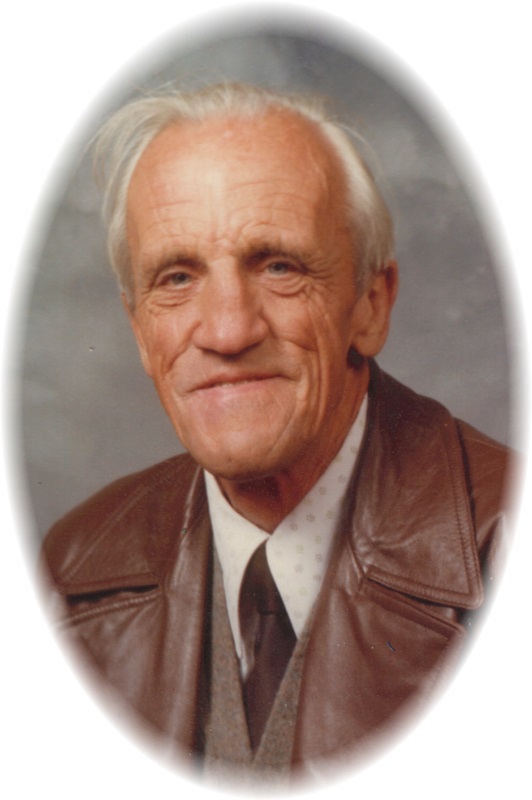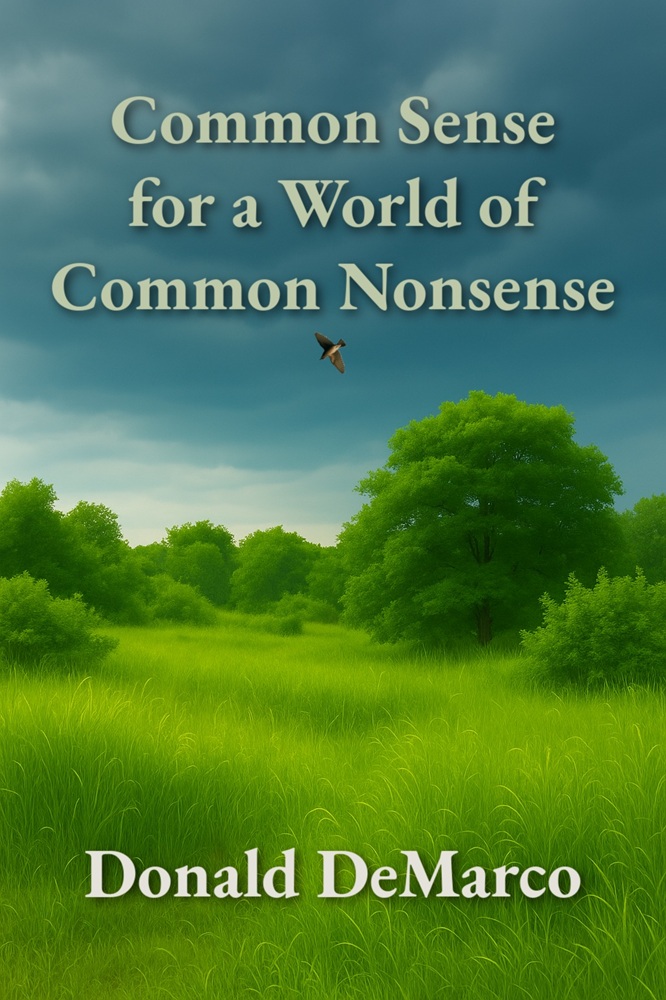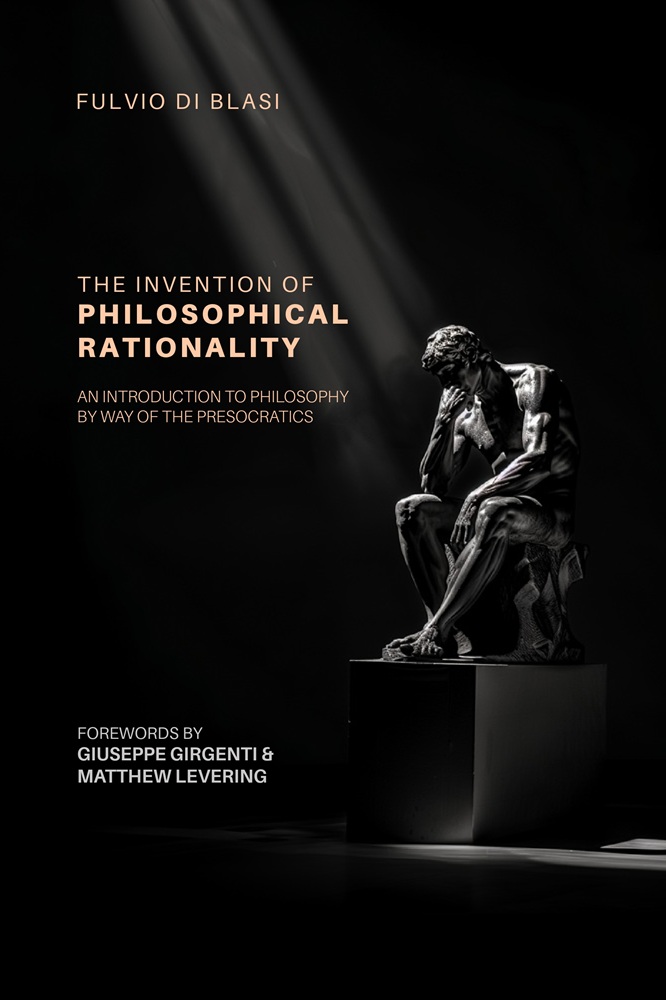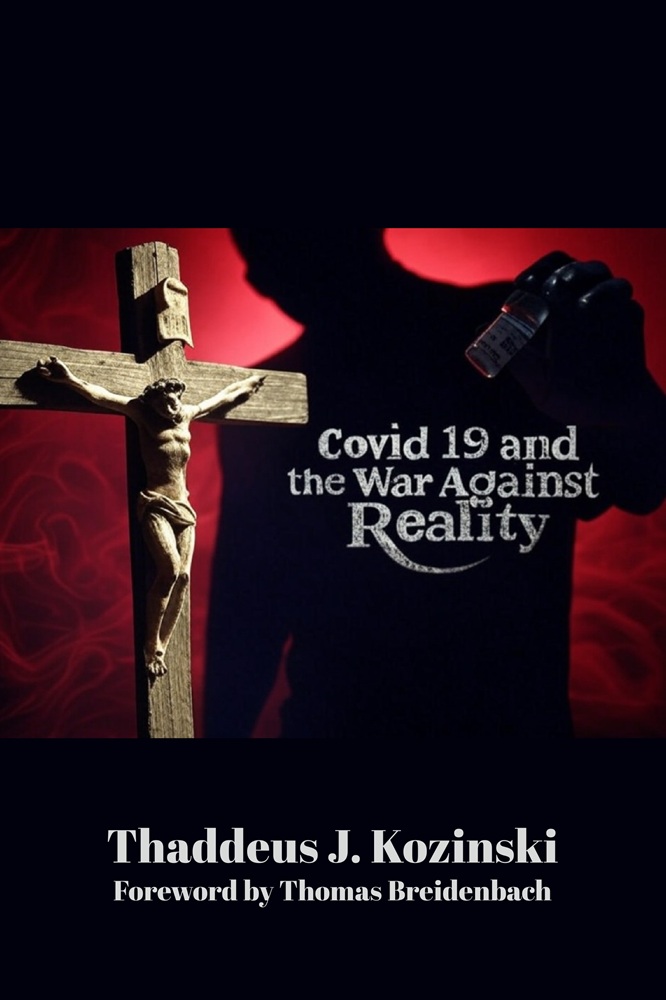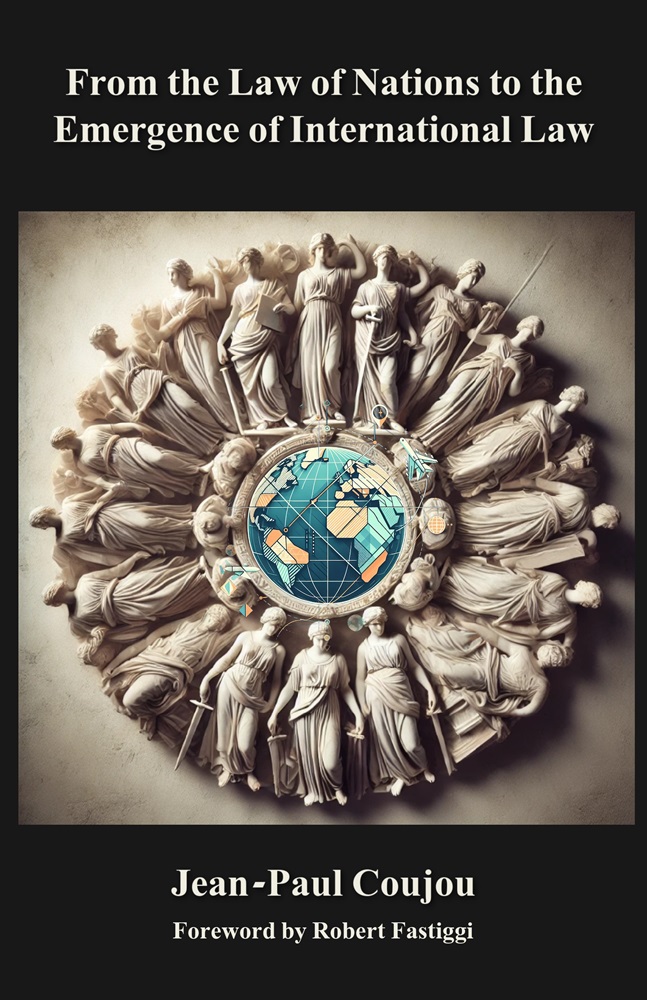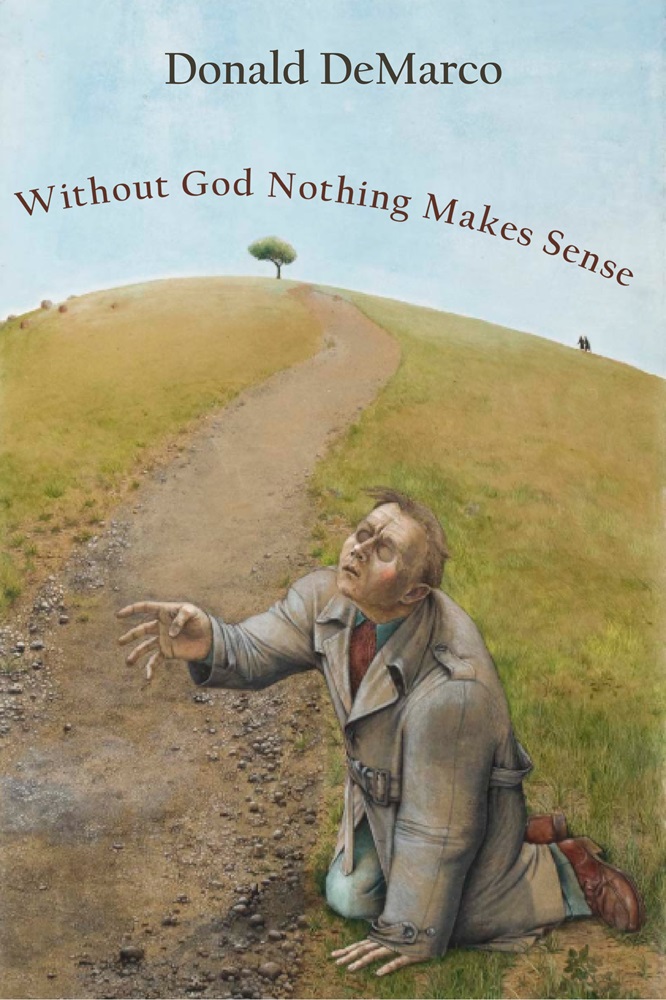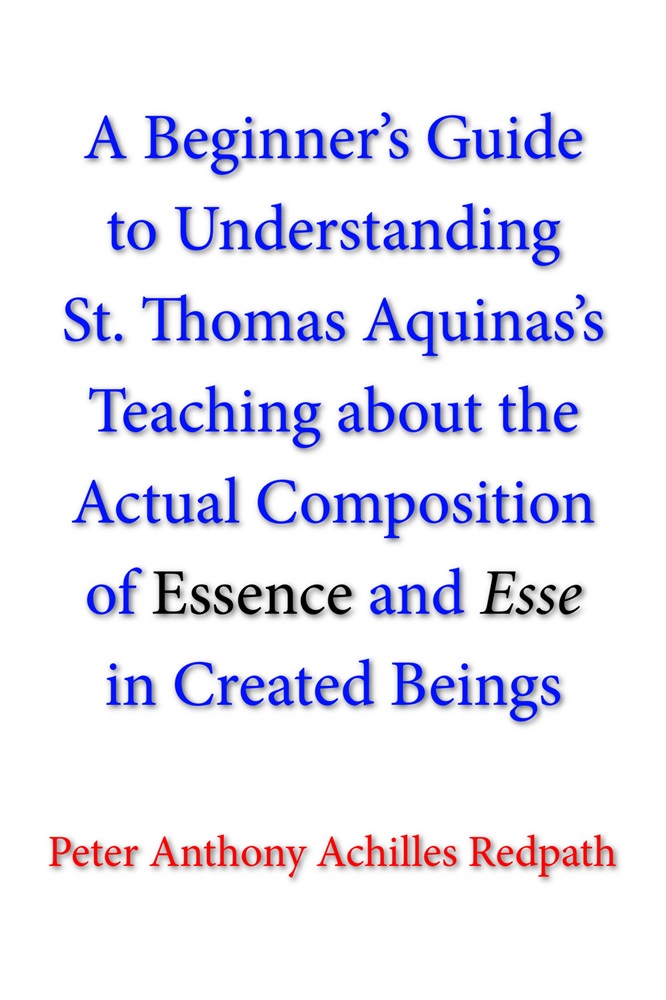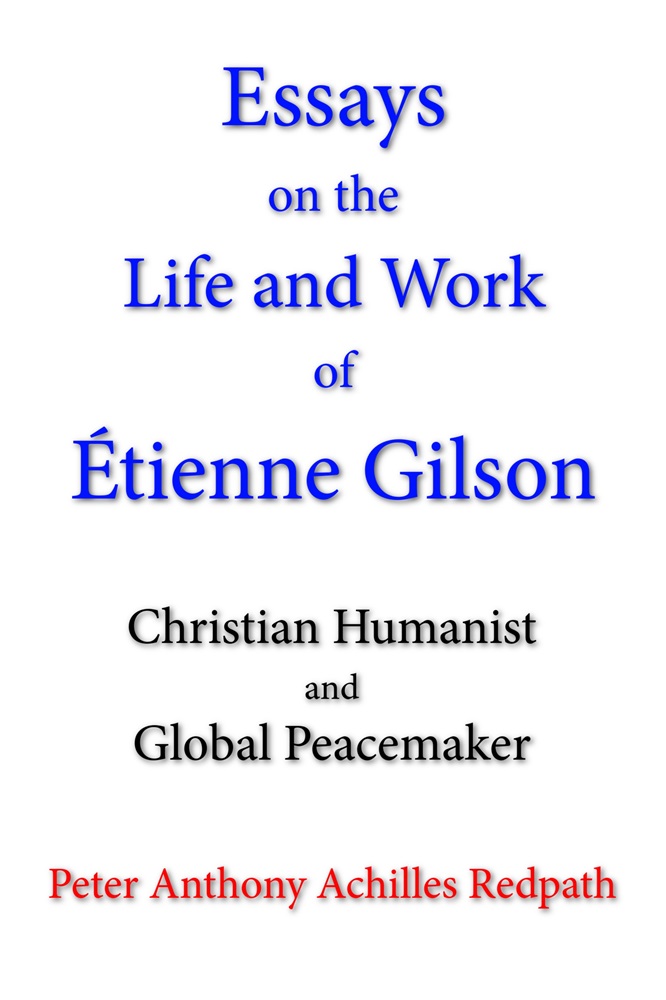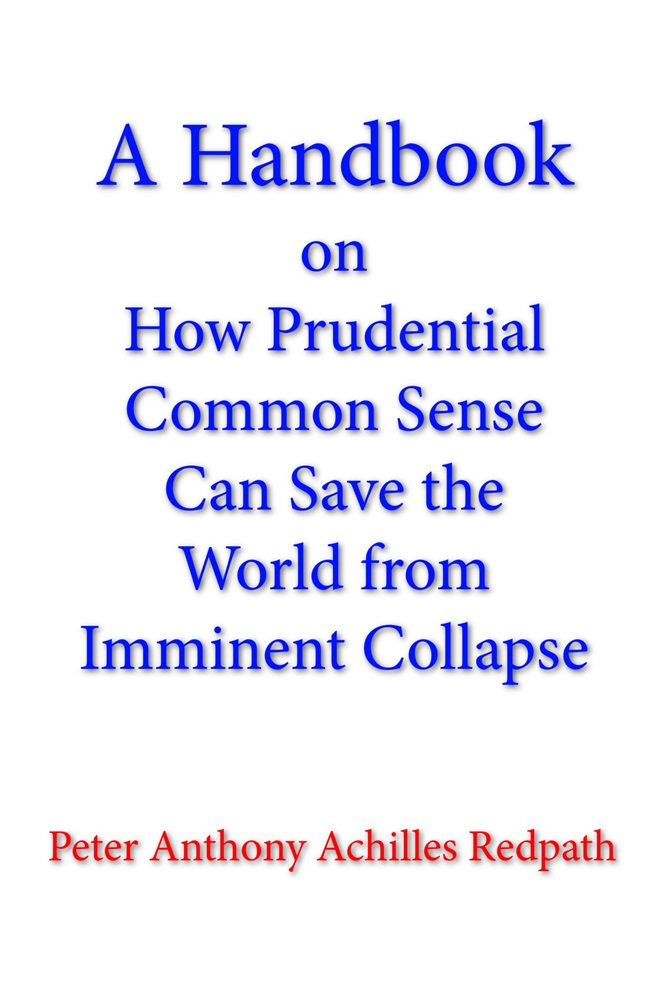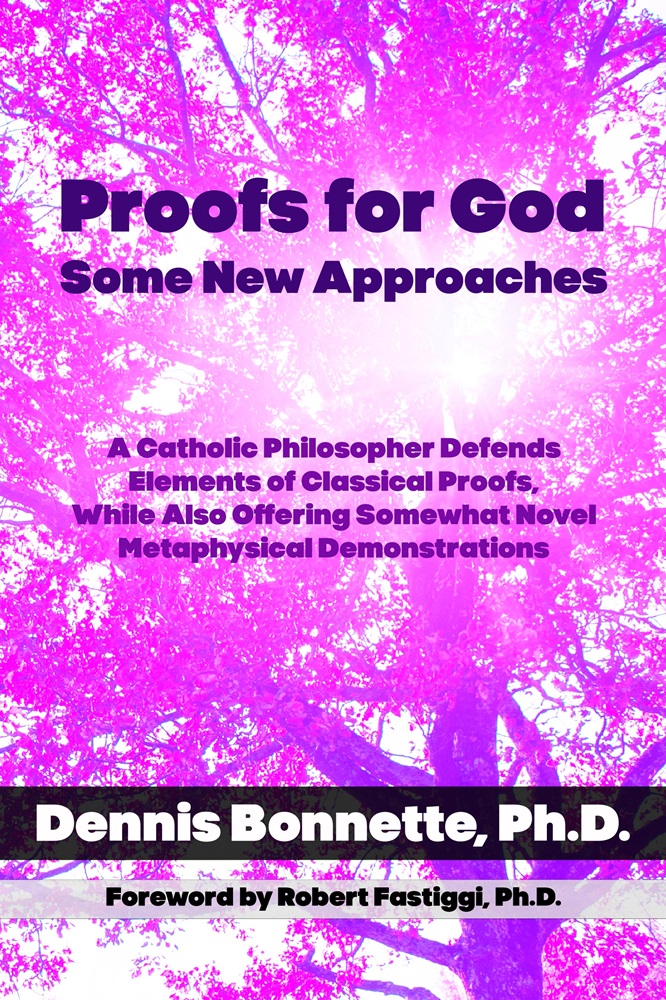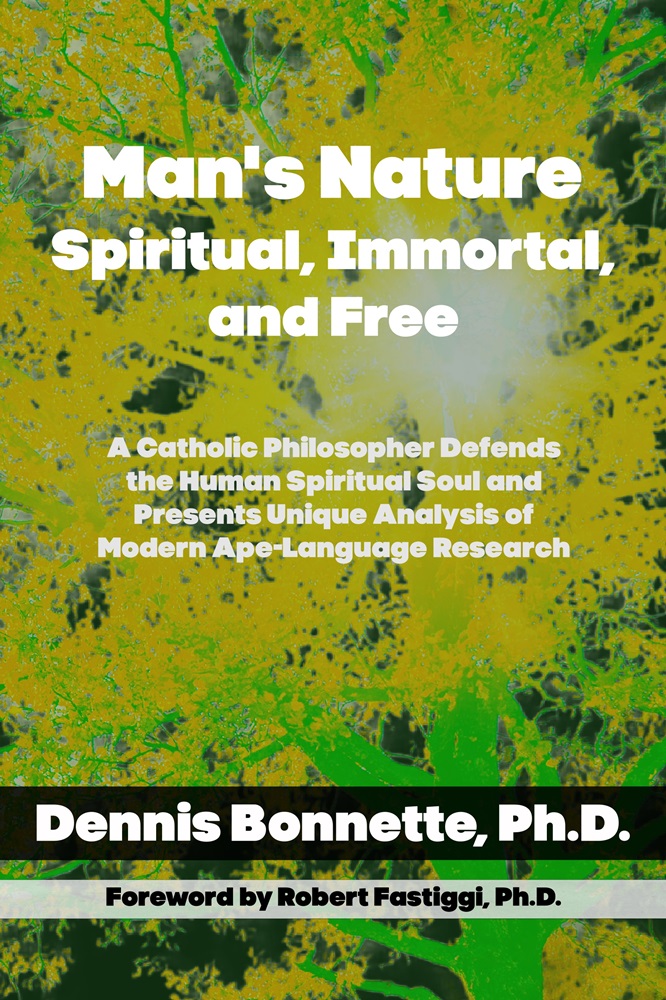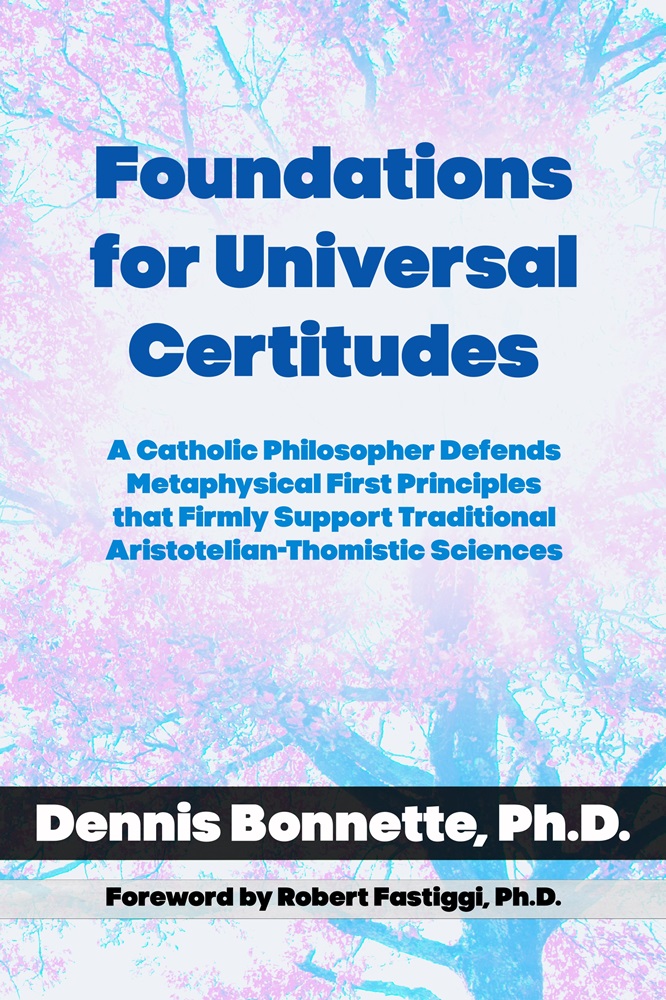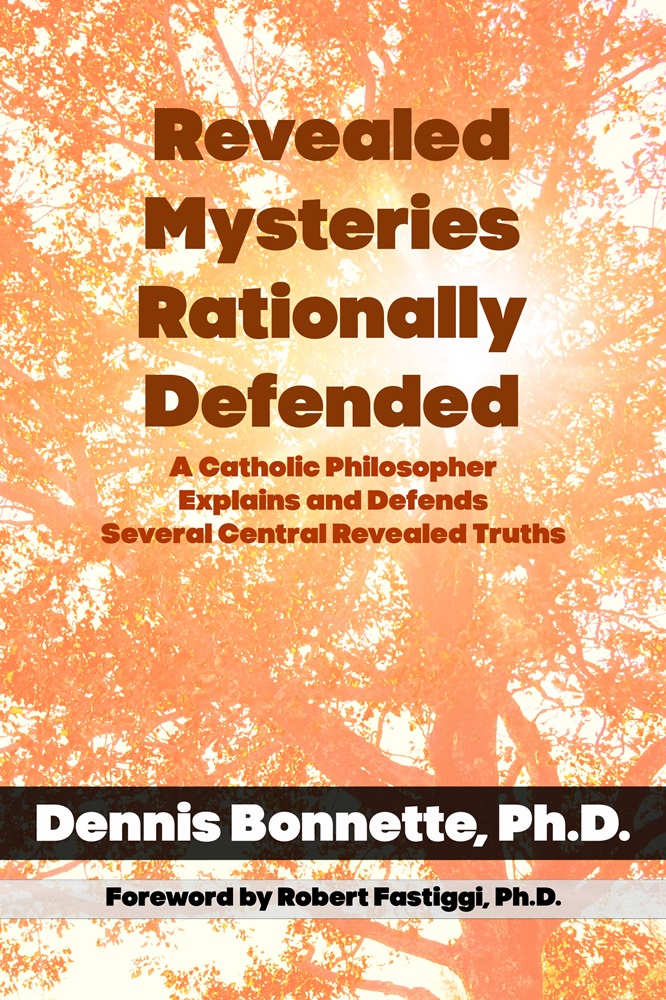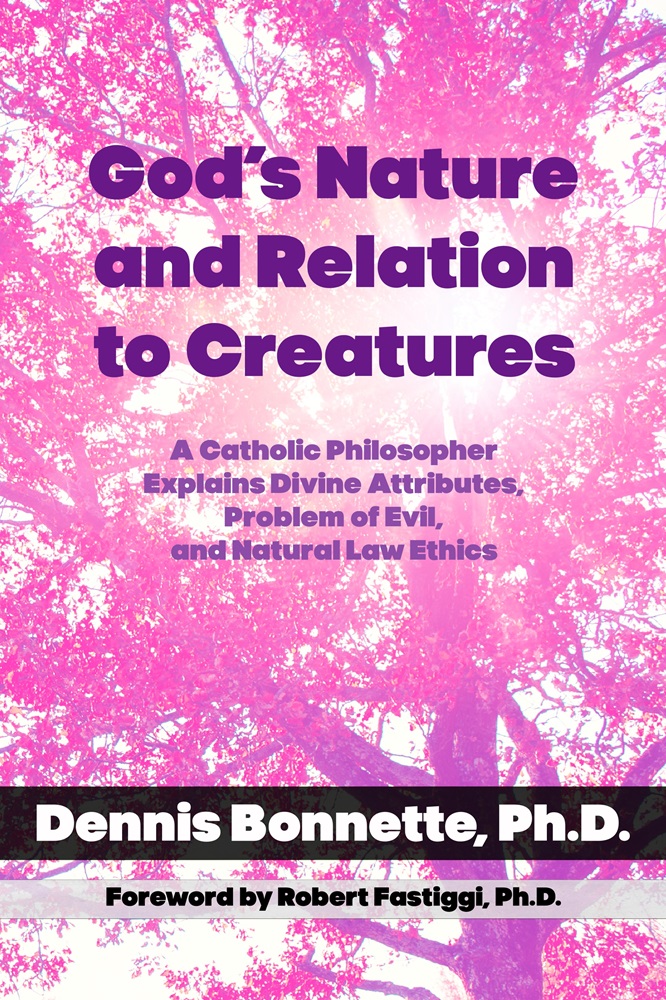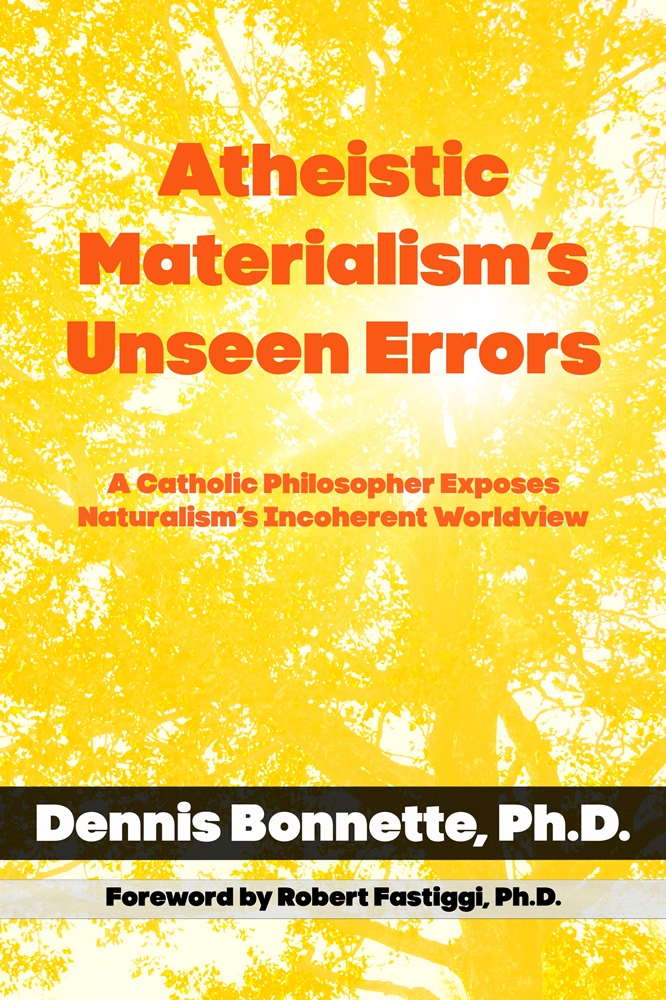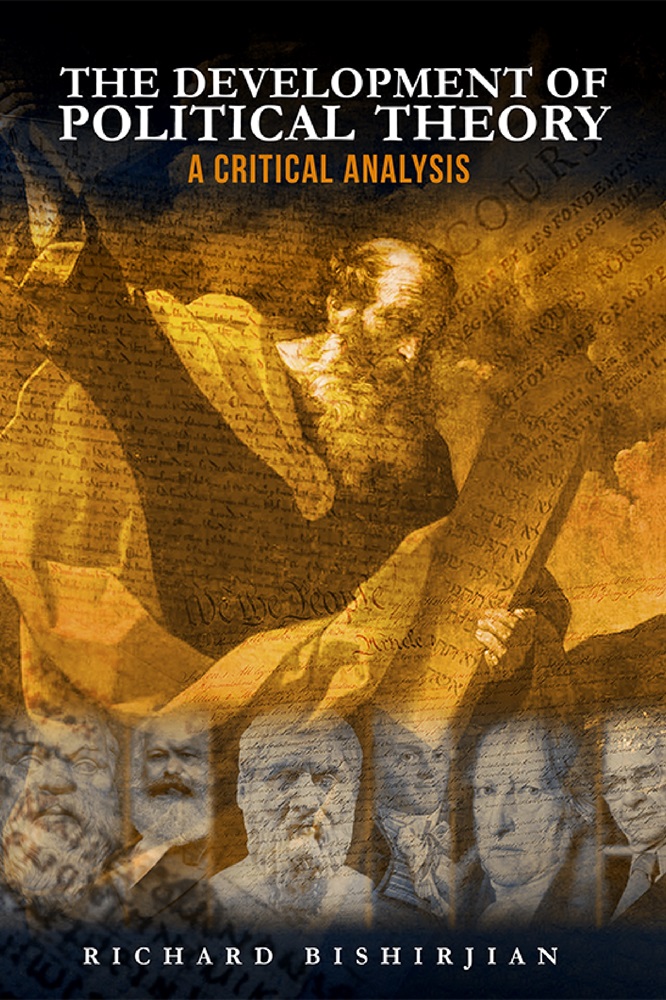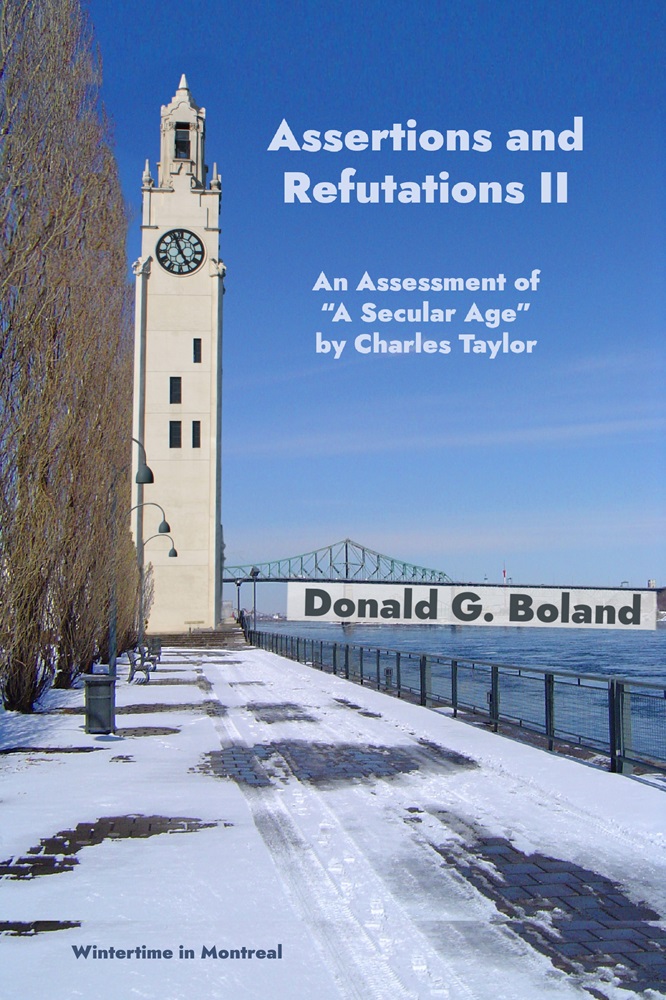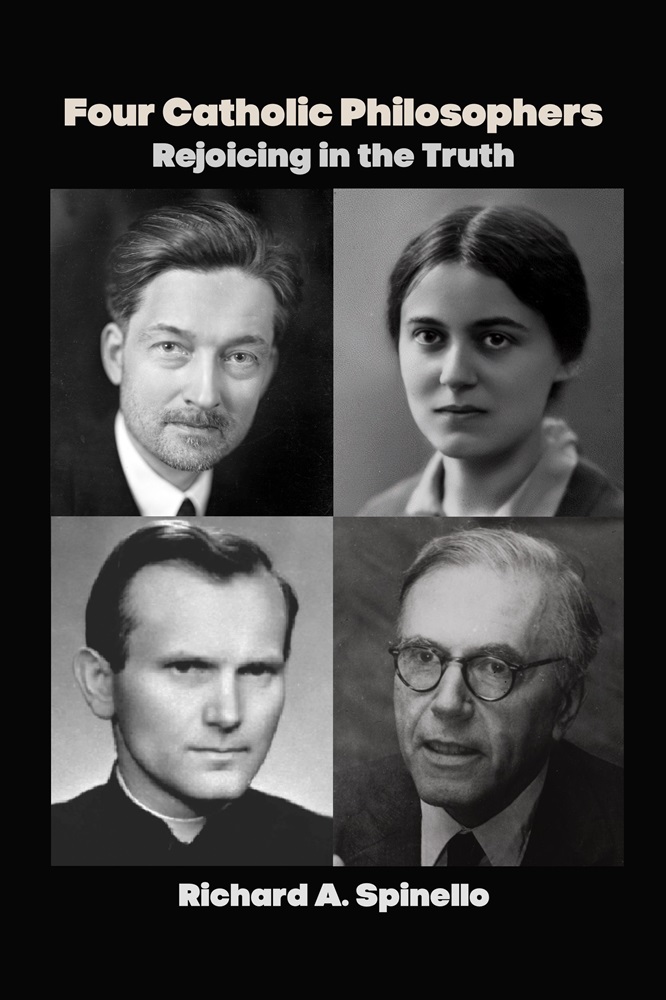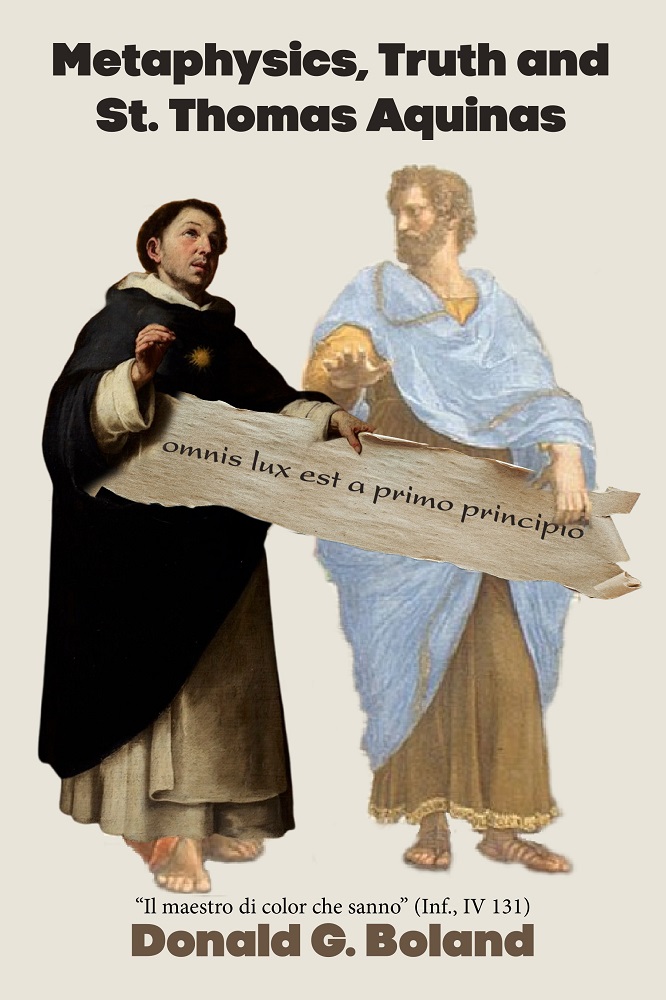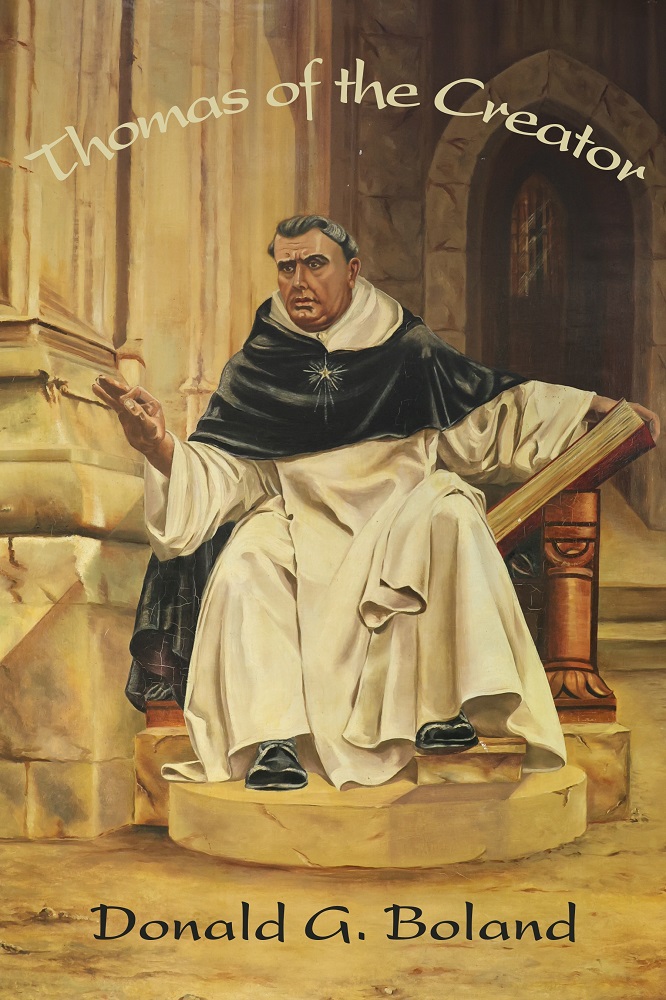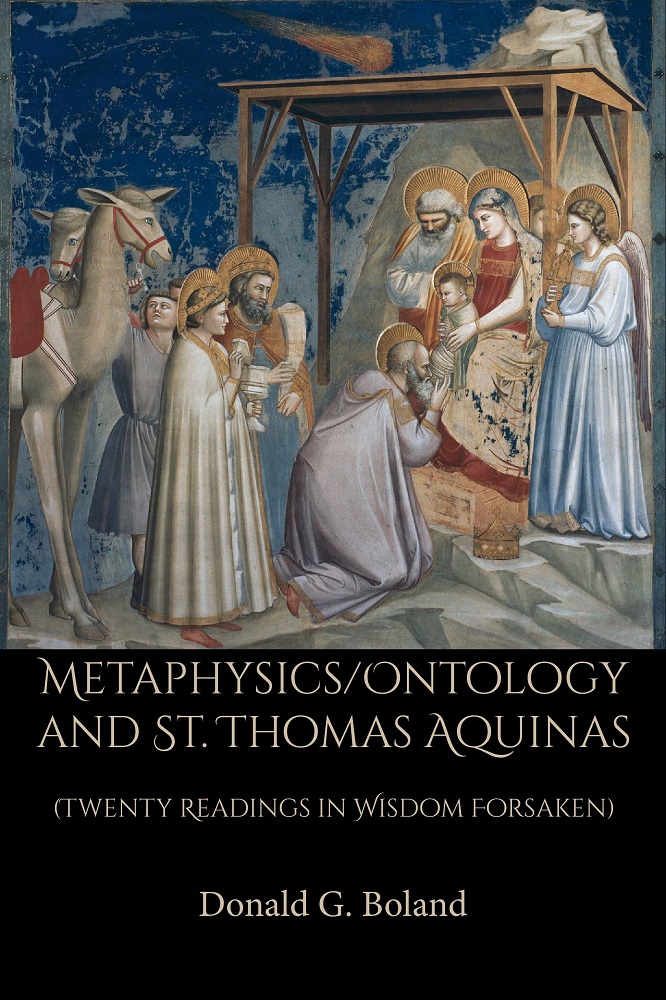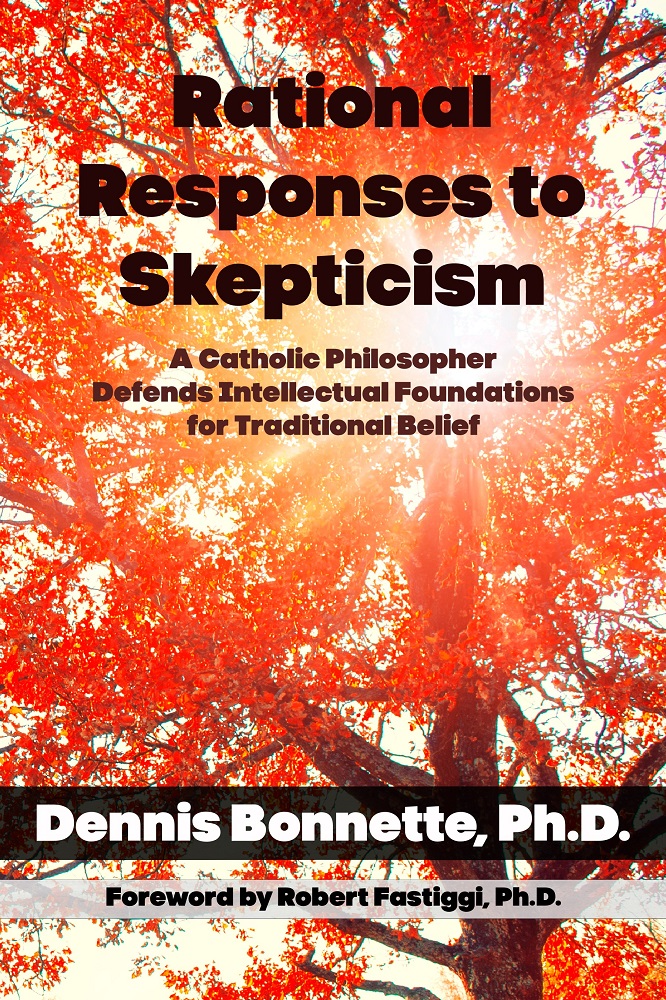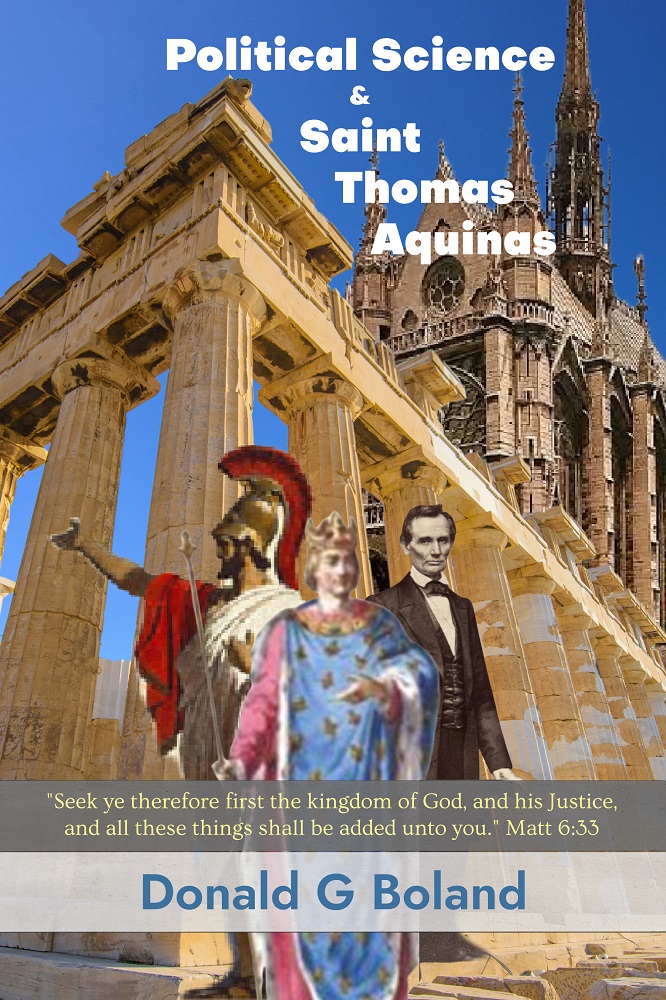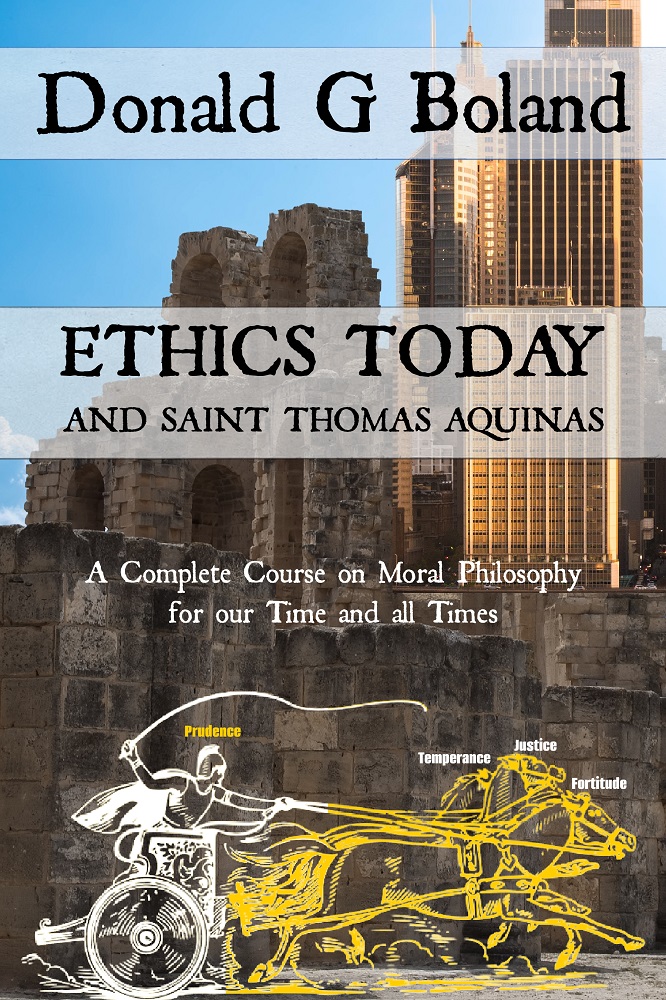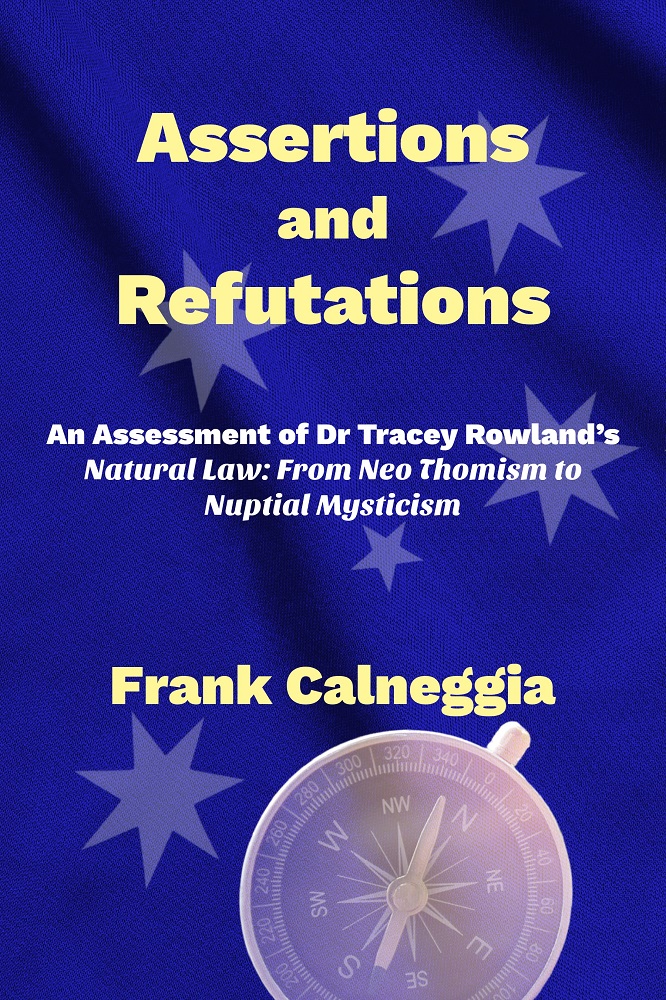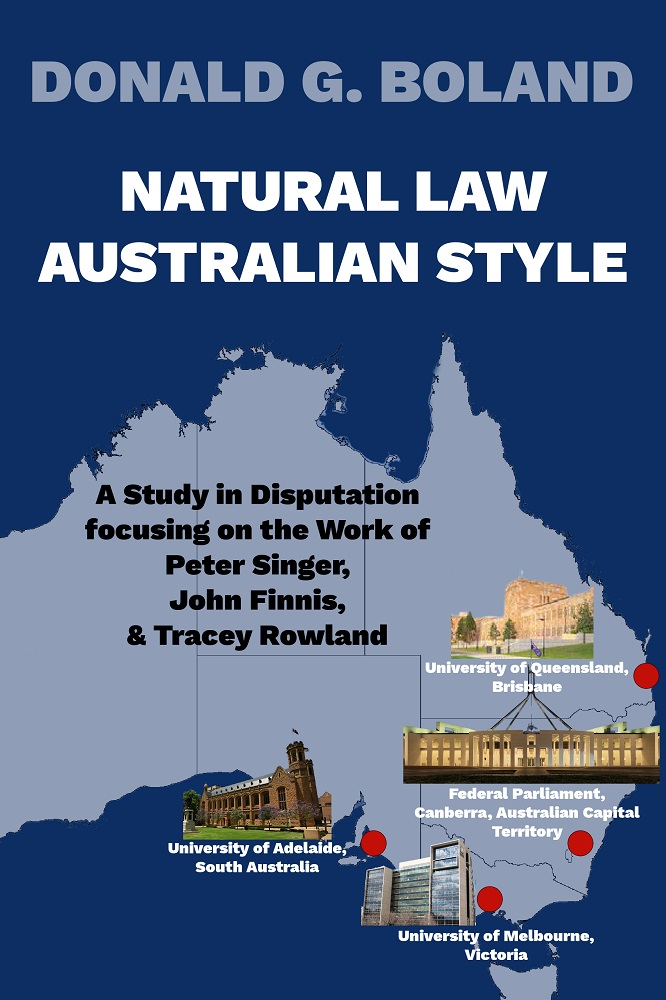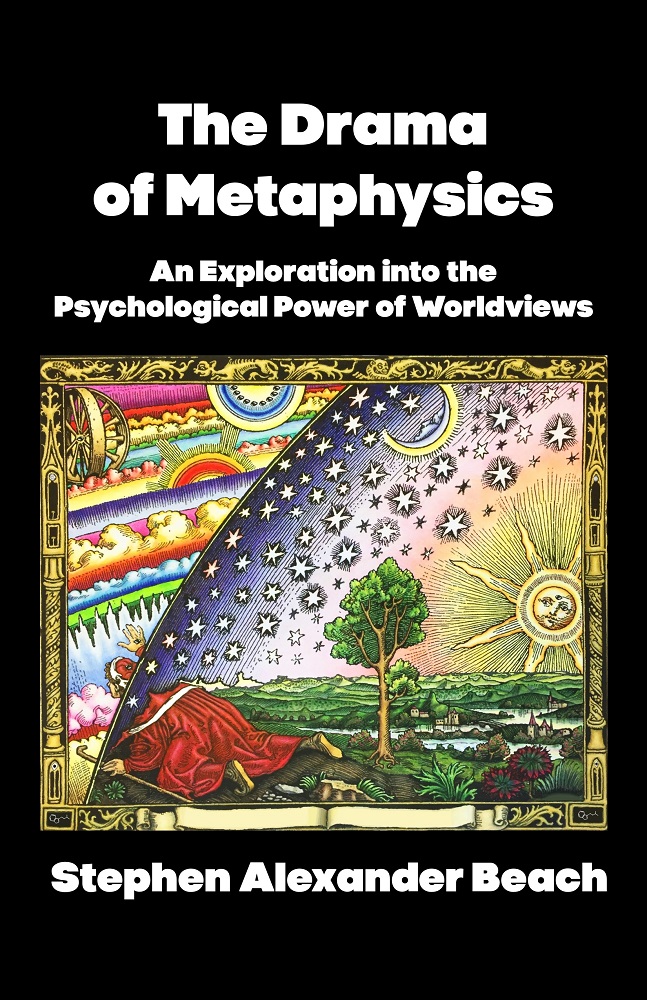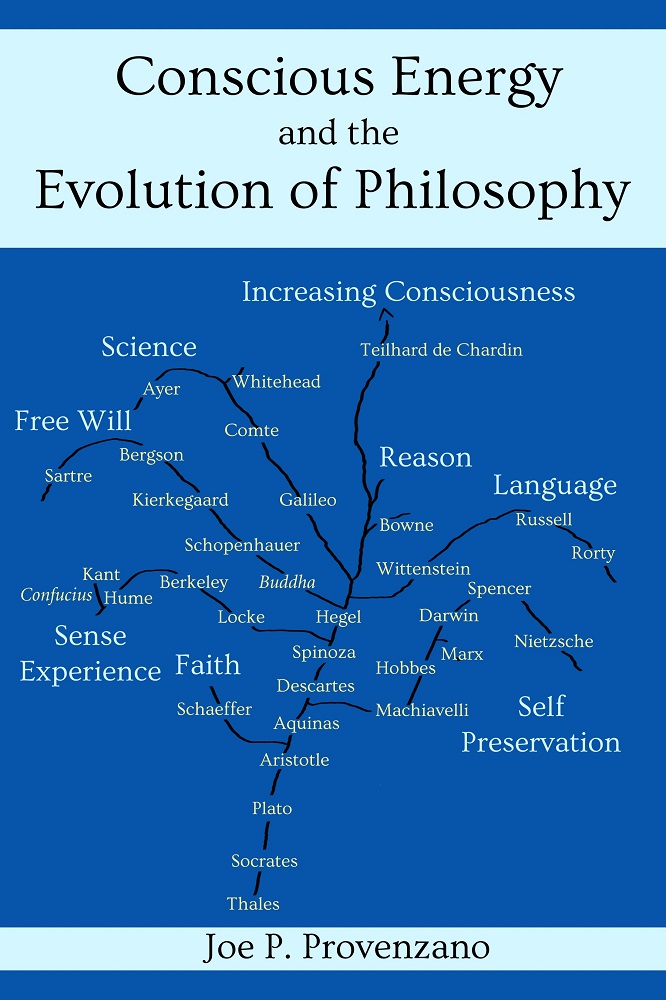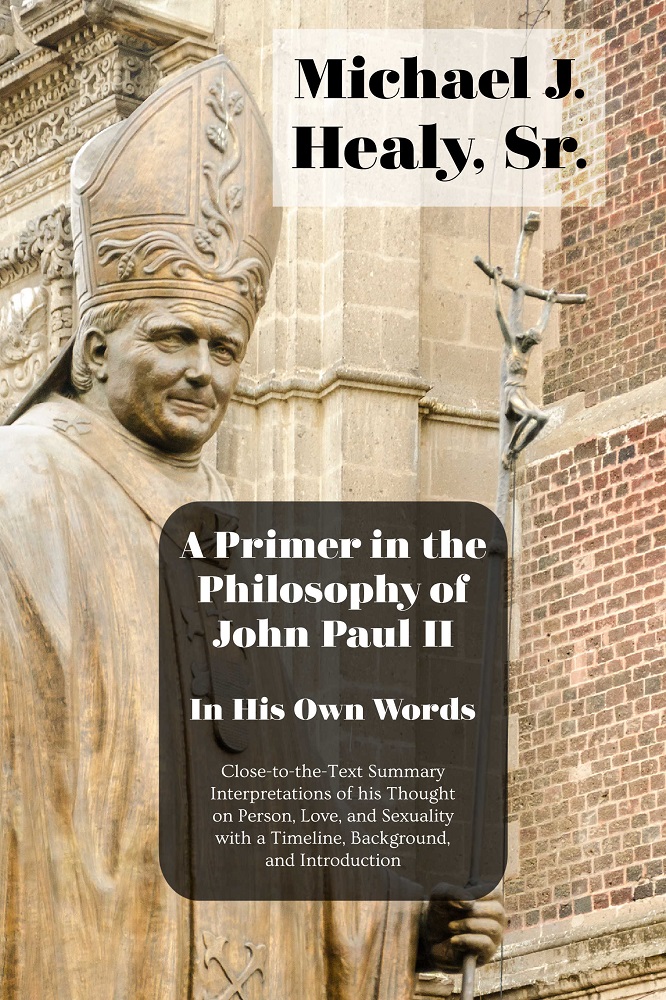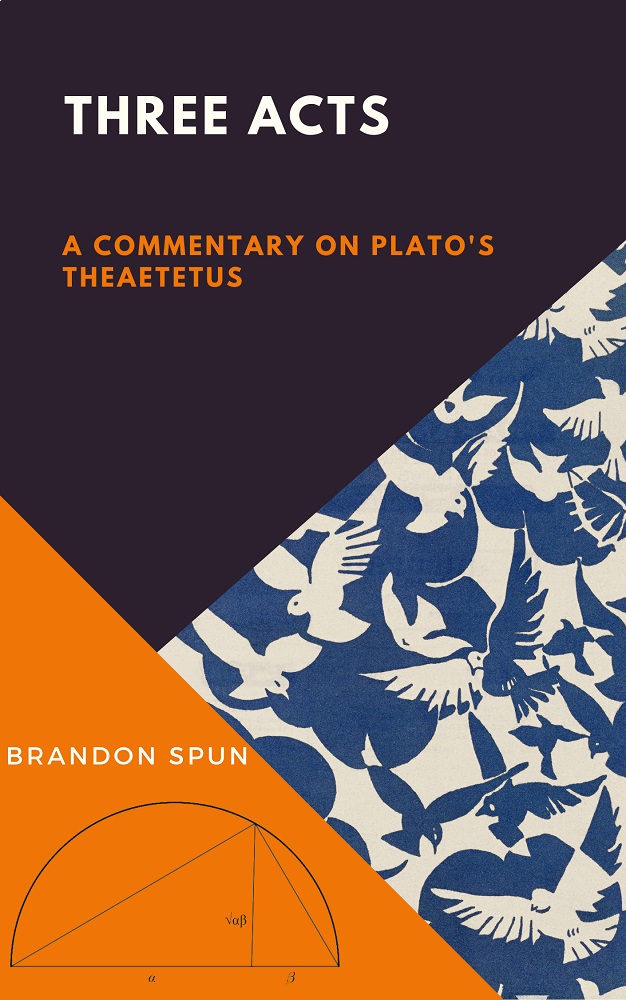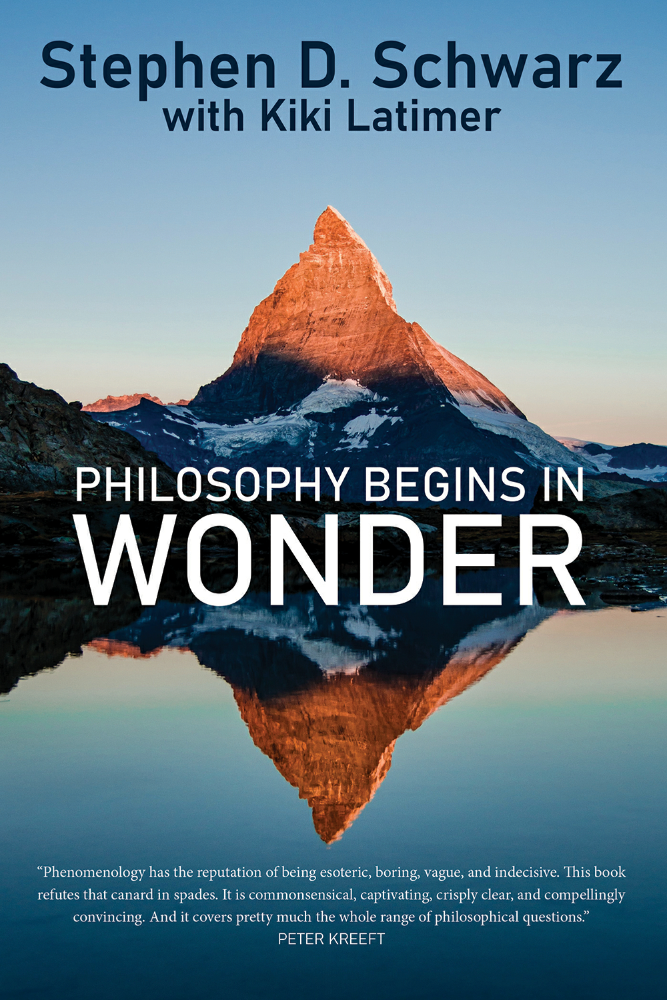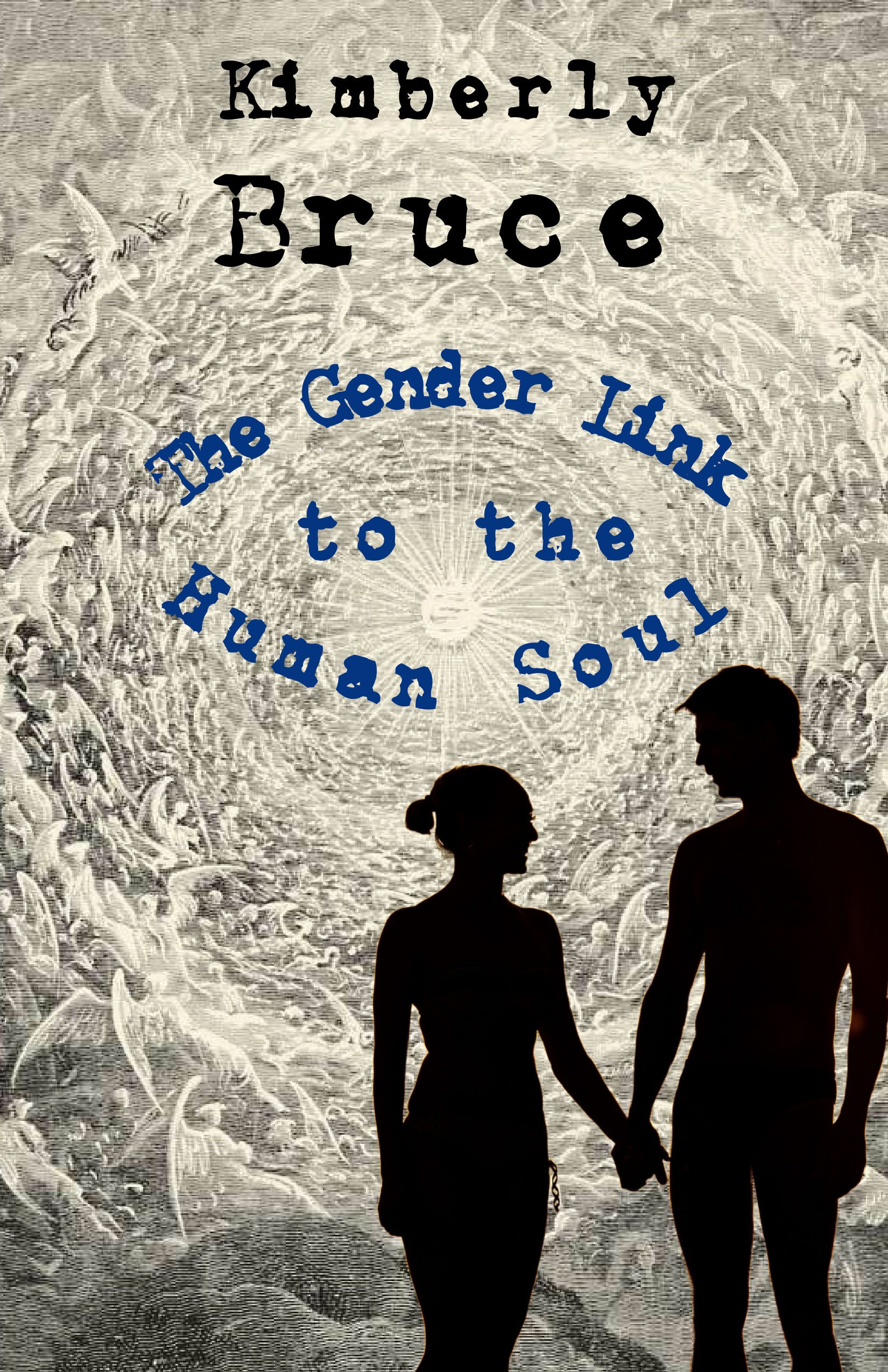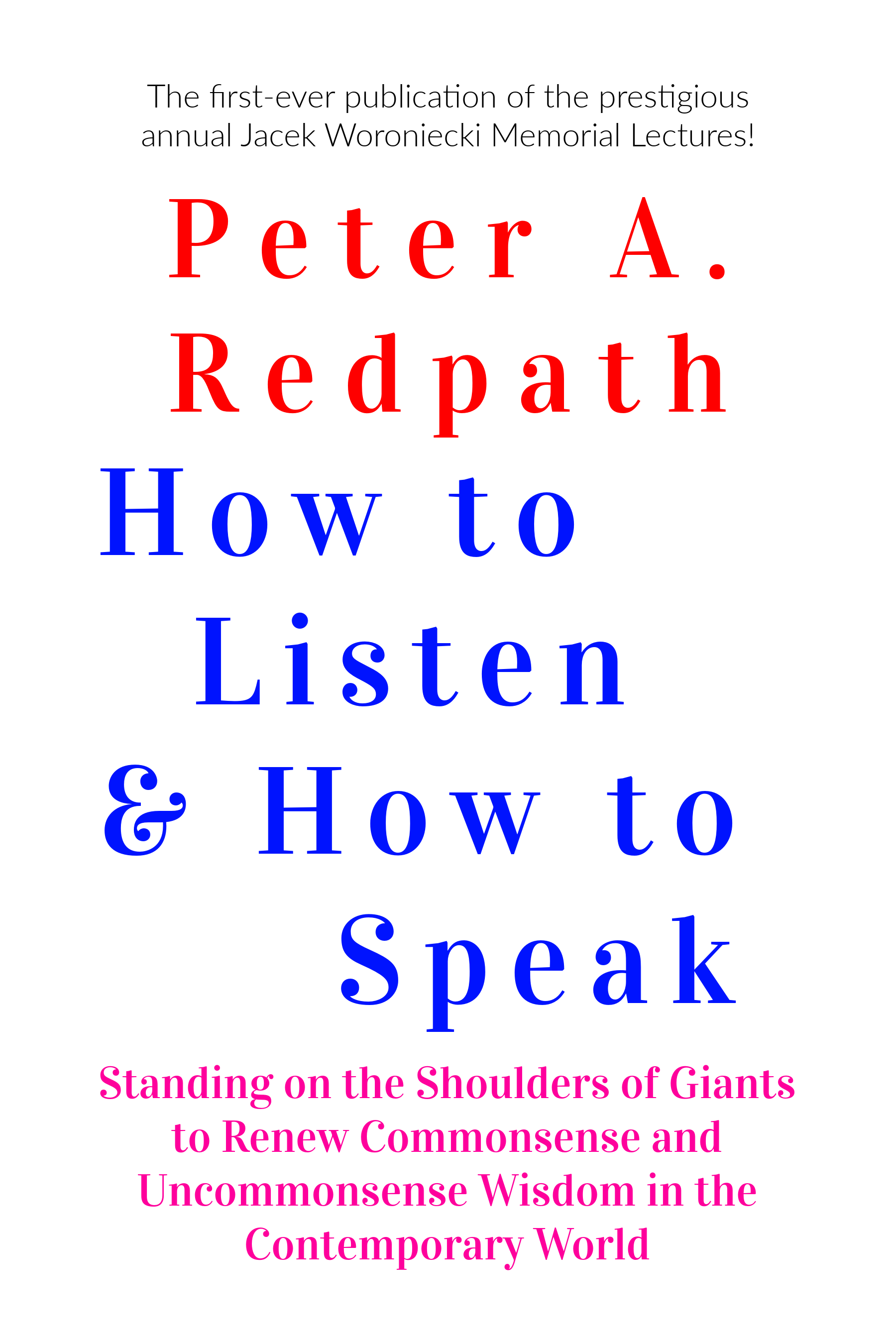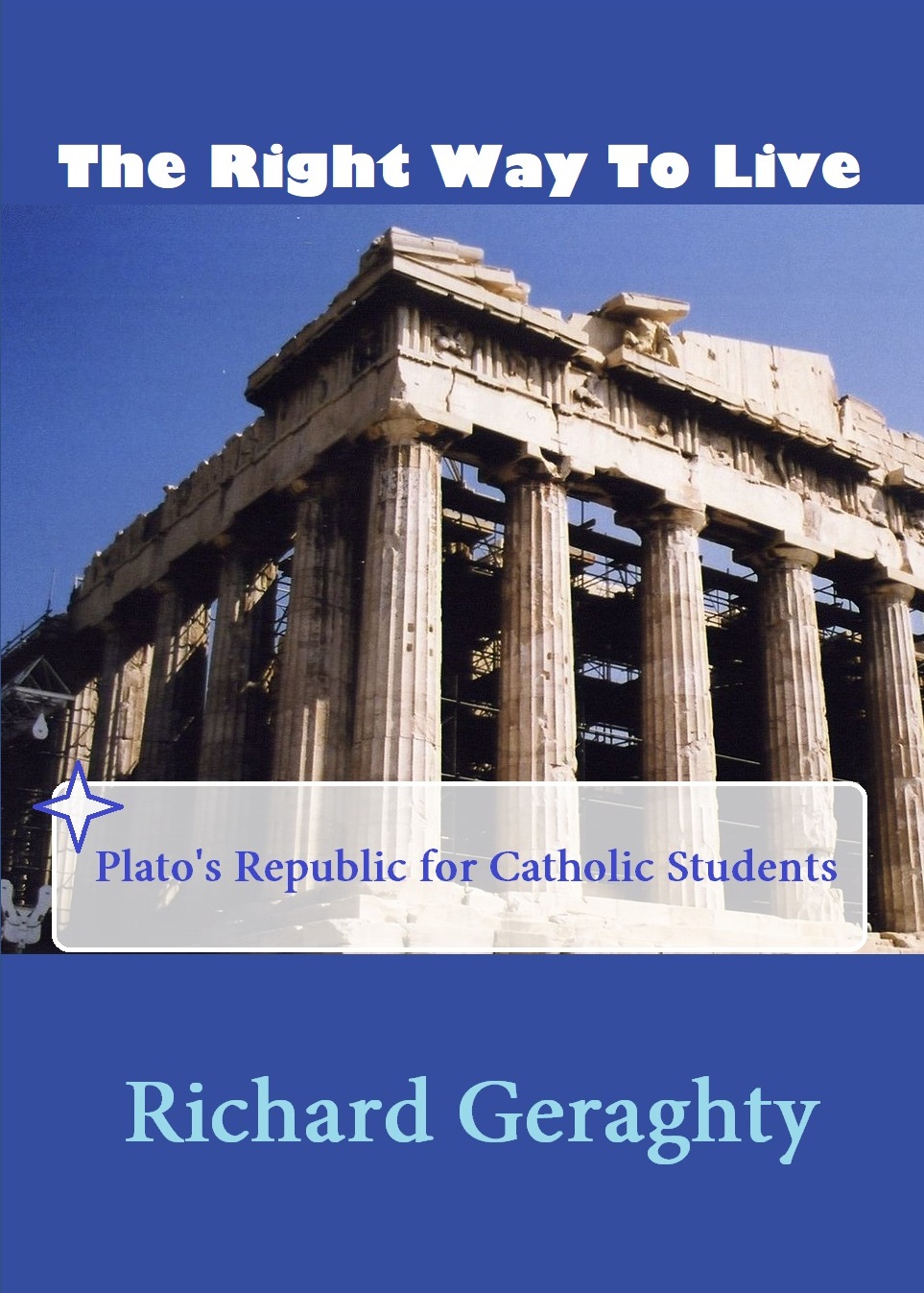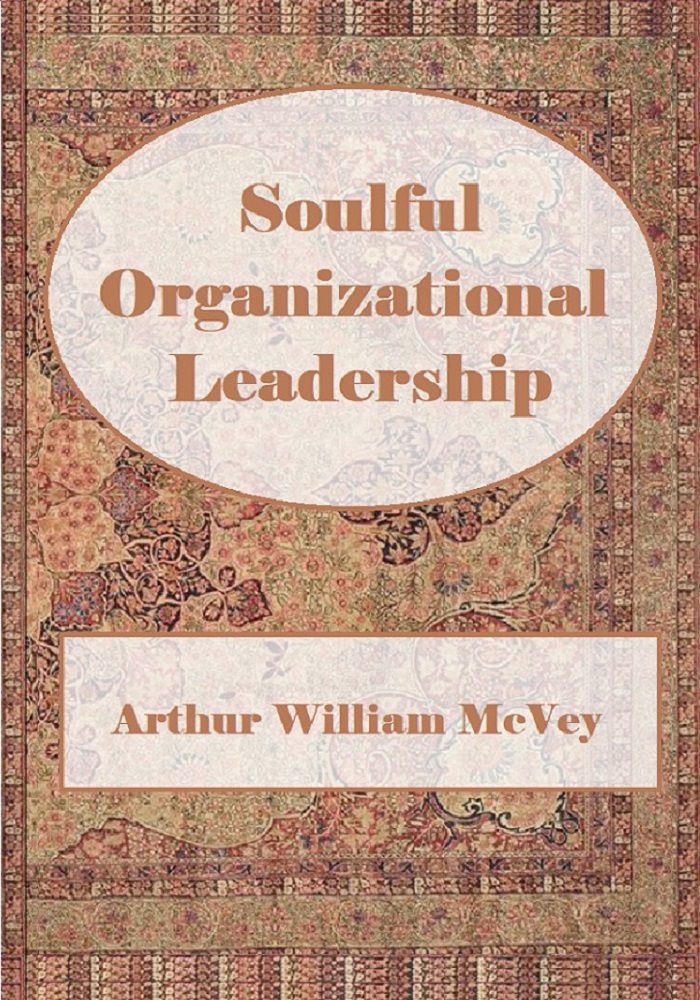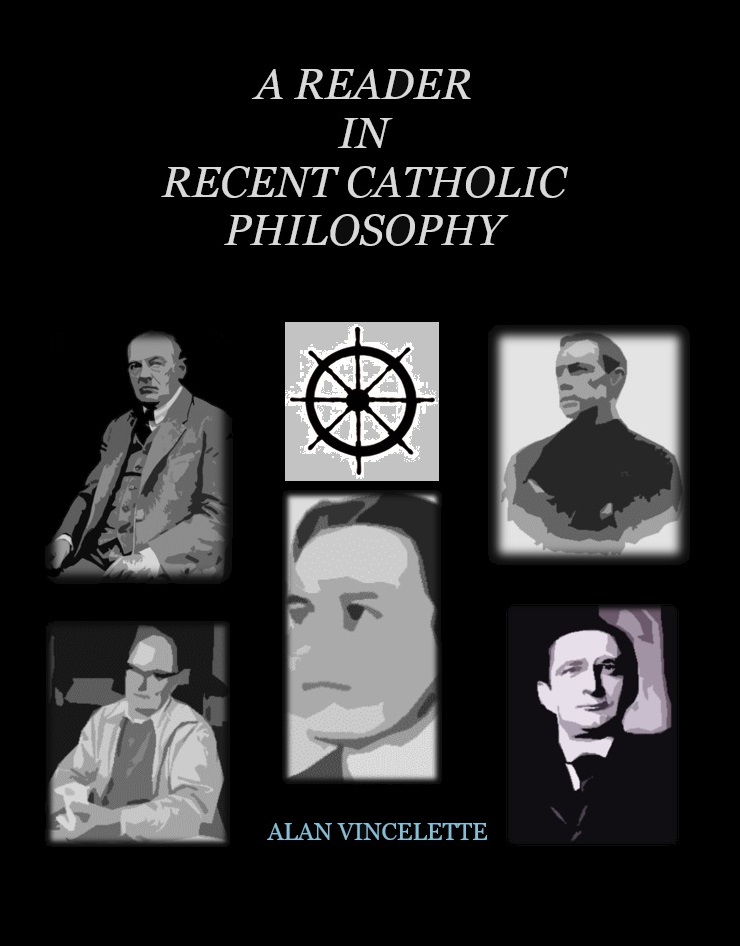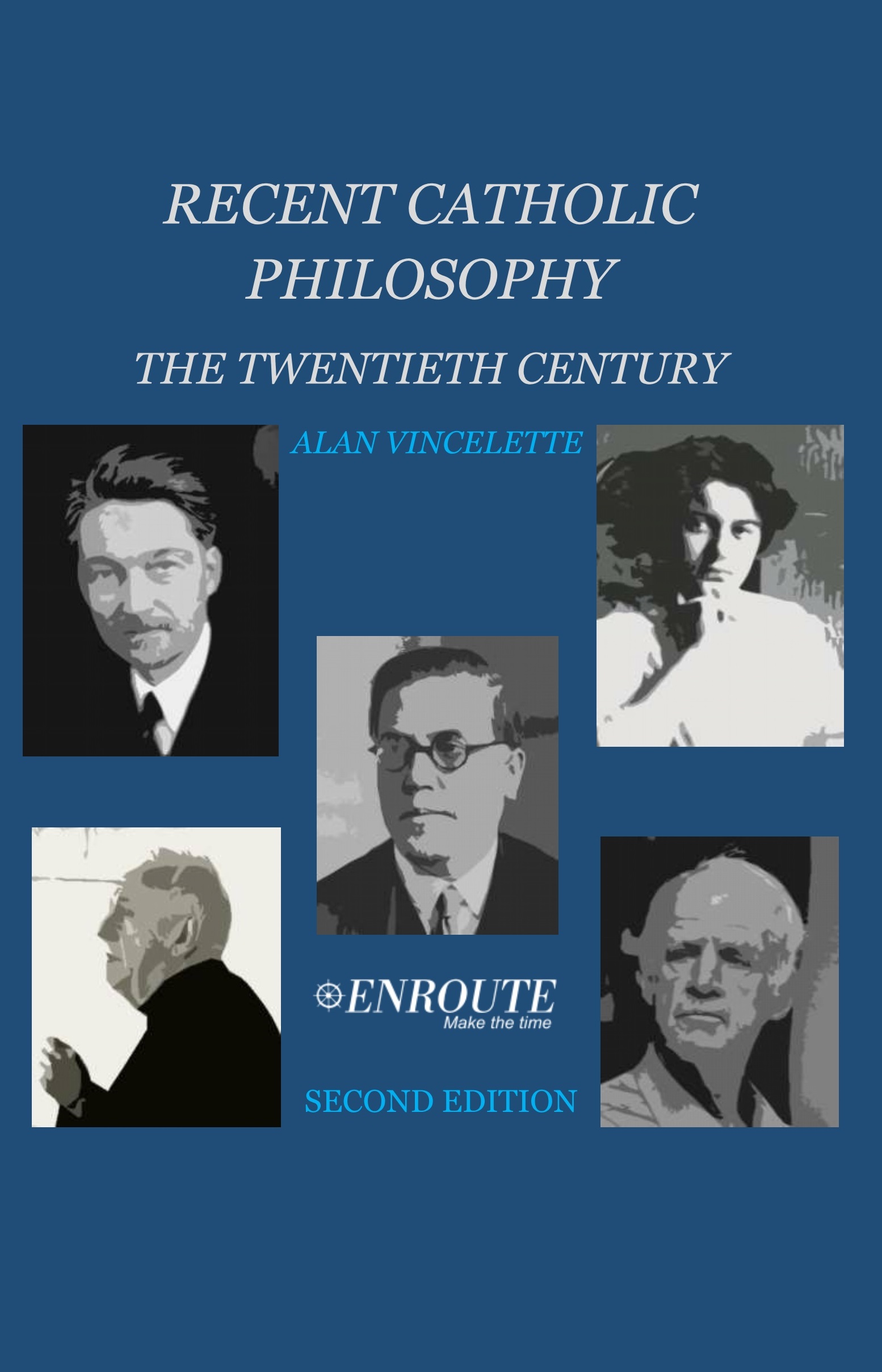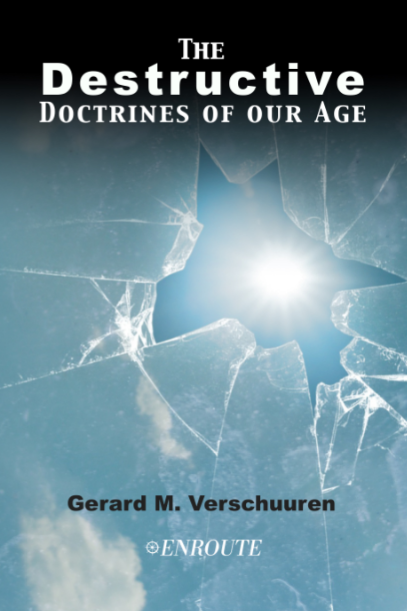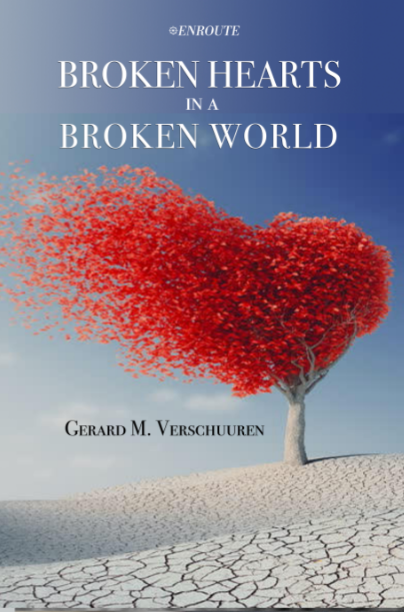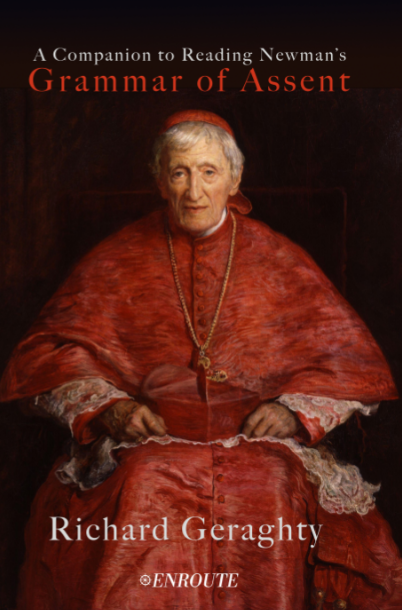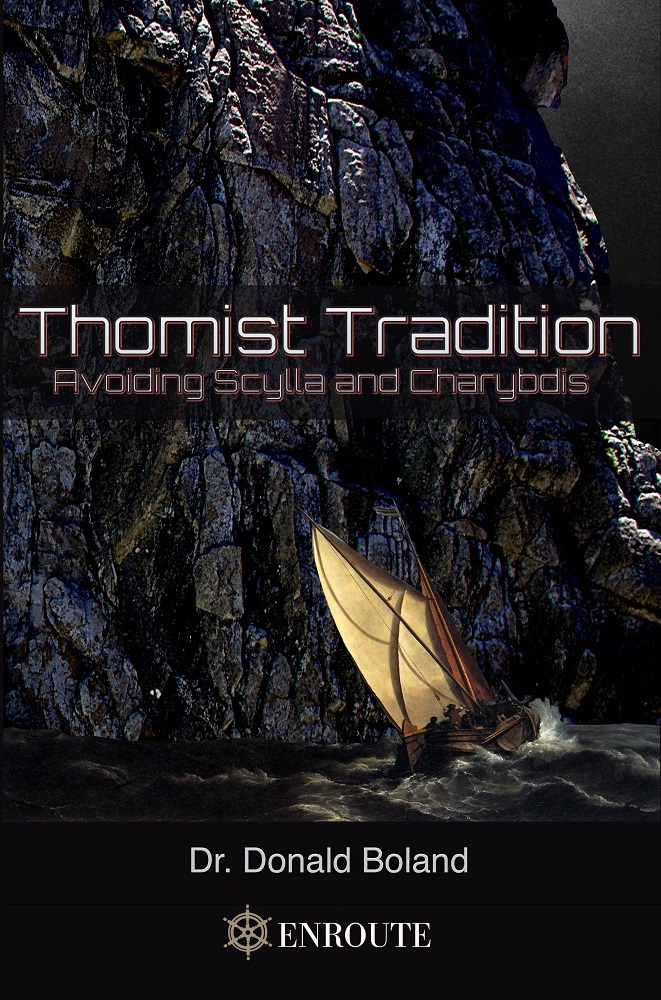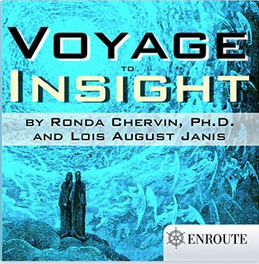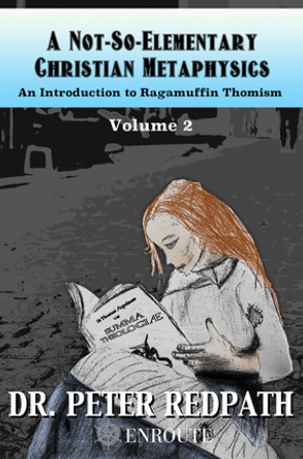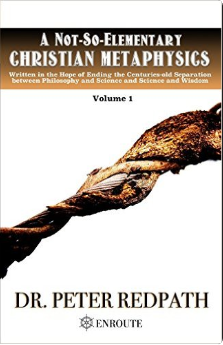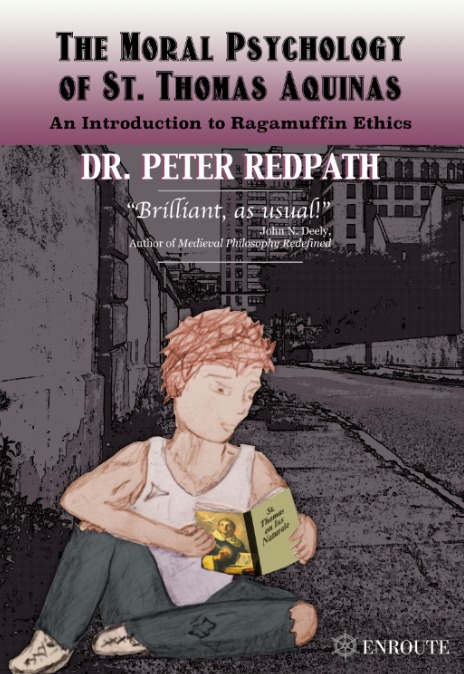Analysing the Errors and Exposing the Real Agenda of Pierre Teilhard de Chardin, S.J.: The Selected Works of Frits Albers, Vol. 1
by Frits Albers, edited with a Foreword by Frank Calneggia
Selected for publication in this present volume are four of the principal works of Frits Albers wherein the errors of Pierre Teilhard de Chardin, S.J., are exposed and analysed in depth, their impact on critical areas of Catholic life made manifest, and Teilhard’s real agenda proved from Teilhard’s own words. These are:
- Teilhard de Chardin and the Dutch Catechism;
- The Hidden Schism;
- The ‘Theology’ of the late Pierre Teilhard de Chardin, S.J.;
- Tradition
The author shows that Teilhard’s agenda to spread his errors in the Church was continued after his death so that after Vatican II Catholics would be taught these errors were the ‘authentic interpretations’ of the Council. He further shows that this has had a most disastrous effect on Catholic life on a global scale. The author discusses and analyses in some depth and with much acumen the insidious preparation of this Teilhardian agenda and its widespread post conciliar implementation. He then turns his attention to the documents of Vatican II and shows that they can only be rightly understood (that is to say, in the light of Catholic Faith and right reason) when seen and accepted as a continuation of the uninterrupted Tradition (handing on of Revelation) that has always existed in the Church, and from which evolution has always been absent.
Paperback: $19.95 | Kindle: $9.99
REVIEW BY DR. DONALD G. BOLAND
I am old enough to remember the furore caused among the Catholic young and not so young with whom I had communication in the time after my attendance at the Law School of the University of Sydney, and during my attendance at the Aquinas Academy, on the publication, after his death, of the works of Teilhard de Chardin, prohibited to be published by the Church during his lifetime. The furore as I recall came to a head in the middle 1960s as the Second Vatican Council was ending or shortly afterwards. Dr. Woodbury was amongst the loudest in his condemnation of the materialist/scientistic evolutionism to be found in the works.
Apart from the moral consequences of its teaching, the inanity, even insanity, of the “theological science” propounded, as well as the equivocations and general sophistry in its popular propagation, were so obvious to us at the time that we hardly gave it another thought. We did not pay that much attention to the sensationalist “press” that these works evoked.
Being more interested in the revival of genuine Catholic thought in the likes of Chesterton and the books being written by a multitude of other marvelous English converts, such as Father Ronald Knox and Arnold Lunn, a mountaineer who invented the slalom ski event in the Olympics, we treated the “phenomenon” of de Chardin SJ as just another of the passing fashions to which the Catholic world had always been subject, and focused on the works of the Church’s “Common Doctor”, with their resources to retain the sanity of mind needed in our times, as at all times.
Little did we realise that many in the Church, especially amongst de Chardin’s confreres, the Jesuits, were giving a lot of thought to his “revelations”, seeing it as a vehicle to bring the Church up to date, as it was supposed was the intent of the Vatican Council.
For a time, we did not appreciate that the ideas of de Chardin were but a break out of a deeper disease/malaise in modern Catholic thought that had already been identified and condemned as strongly as possible by the Magisterium, namely, that “mother of all heresies”, Modernism.
It is only in more recent times, as the depth of this intellectual and moral darkness has become more “visible”, that I have come to realise that, far from being a passing “phenomenon”, de Chardin’s “scientific evolutionism” has grown, like a cancer, to such monstrous proportions that it seems to be ineradicable. For it is evident now that the “forces” of the Evil One (Malignus), or the smoke of Satan as Pope Saint Paul VI put it, have indeed entered the very inner halls of the governing “Curia” (Latin for caring part) of the Church.
If I had been aware of the work of Frits Adlers, who was well aware of what was happening even in the 1970s, and was describing it in detail in the books only now being published widely, I would have been much the wiser myself about the dire state of affairs the faithful was caught up in, like in a spider’s web.
However, better late than never, and no doubt in God’s providence, we now have the malign situation exposed in the most thoroughgoing way. It is up to us to have the courage to face it, and condemn the error and evil it represents.
I will add if I might my own view of de Chardin’s work, whose connection with Modernism can be traced quite clearly in retrospect. Like many of his generation, including Maritain, he was well educated in modern science, and greatly impressed with its power. But being deeply spiritual because of his Christian upbringing, he was also troubled by the apparent conflict between what he held by Faith and what his modern science told him was pure reason.
He looked for a way out of this dilemma and through intellectual contact with Bergson’s philosophy, expressed especially in his book “Creative Evolution”, believed he had found it. He befriended Bergson’s closest associate Edouard Le Roy and discussed things over a long period.
It is significant that Maritain was initially drawn to Bergson’s solution of his own dilemma – it became the prevailing solution of the day to the perceived view that human knowledge in science was mechanistic – but later through contact with the works of St. Thomas Aquinas (by the graces of his wonderful wife Raissa) Maritain was able to see through Bergson’s “evolution” philosophical solution.
Importantly, the Church authorities of the time were alert to this mistaken approach, apparently perceiving the pantheistic implications of Bergson’s thought, and banned his books.
De Chardin, one speculates, felt that this was either a misunderstanding of Bergson’s philosophy or, like many others both inside and outside the Church, an arbitrary exercise of ecclesiastical authority against the scientific search for truth.
In fact, as we can now see, thanks in great measure to Frits Albers’ work, de Chardin’s adoption of scientific evolutionism, which evidently was influenced by the vitalism/intuitionism of Bergson, fell also into Modernism. Sadly for those deceived by it, de Chardin’s philosophy of science was just another philosophical error by which the heresy of Modernism, masquerading as Christian theology, was able to be perpetuated in modern Catholic thinking.
— Dr. Donald G. Boland, author of Rev. Fr. Austin M. Woodbury, SM, PhD, STD and the Aquinas Academy (1945 – 1975); also see his Compendium
ABOUT THE AUTHOR
Frits Albers Ph. B (1921-2000) was born in Holland and studied under the Jesuits at Nijmegen during the 1940s. He emigrated to Australia in 1951, and travelled extensively within the south-east region of the ‘lucky country’. He joined the Department of Education in Victoria and worked as a high school teacher who specialised in mathematics, French and English.
In the early post Vatican II period he realised that the strange interpretations of the recently concluded Council that were being forced upon Catholics were under pinned by the same philosophy he had been taught in the 1940’s by the Jesuits at Nijmegen in the name of St Thomas Aquinas, but which in reality was the systematic Modernism of Pierre Teilhard De Chardin, S.J. Thus, in the early 1970’s he began writing articles and books to expose the philosophical root of these errors and aberrations of Teilhard De Chardin, and to defend Catholic Faith, clear thinking, and right philosophy.
ABOUT THE EDITOR
The editor is a retired electrical engineer who worked for most of his professional career in the specialist area of power generation. In a sabbatical year, he completed post graduate research in the History and Philosophy of Science at the University of Melbourne. He has long loved the philosophy of St Thomas Aquinas.
OTHER CATHOLIC PHILOSOPHY BOOKS
Common Sense for a World of Common Nonsense by Donald DeMarco
Common Sense for a World of Common Nonsense by Dr. Donald DeMarco In Common Sense for a World of Common Nonsense, Dr. Donald DeMarco examines modern moral confusion through sharp, philosophical essays that contrast virtue with ideology. Divided into “Common Nonsense”...
The Invention of Philosophical Rationality: An Introduction to Philosophy by Way of the Presocratics by Fulvio Di Blasi
The Invention of Philosophical Rationality: An Introduction to Philosophy by Way of the Presocratics By Fulvio di Blasi Fulvio Di Blasi’s The Invention of Philosophical Rationality explores the foundational role of Presocratic philosophy in shaping Western thought....
Covid 19 and the War Against Reality by Thaddeus J. Kozinski, Ph.D.
Covid 19 and the War Against Reality By Thaddeus Kozinski, Ph.D. This book puts into spiritual, theological, philosophical, psychological, moral, historical, cultural, and political perspective the incredible evil we have witnessed and suffered over the past four...
From the Law of Nations to the Emergence of International Law by Jean-Paul Coujou
From the Law of Nations to the Emergence of International Law by Jean-Paul Coujou In this book, Jean-Paul Coujou explores the historical evolution of international law from antiquity through modernity. He traces the development of the law of nations (ius gentium),...
Without God Nothing Makes Sense by Donald DeMarco
Cover image copyright: "Lord, that I may see," the Estate of William Kurelek, courtesy of the Wynick/Tuck Gallery, Toronto.Without God Nothing Makes Sense by Dr. Donald DeMarco Donald DeMarco’s Without God Nothing Makes Sense argues that removing God from public...
A Beginner’s Guide to Understanding St. Thomas Aquinas’s Teaching about the Actual Composition of Essence and Esse in Created Beings by Peter Anthony Achilles Redpath
A Beginner’s Guide to Understanding St. Thomas Aquinas’s Teaching about the Actual Composition of Essence and Esse in Created Beings by Dr. Peter Anthony Achilles Redpath This book explores St. Thomas Aquinas’s metaphysical principles, focusing on the relationship...
Essays on the Life and Work of Étienne Gilson: Christian Humanist and Global Peacemaker by Peter Redpath
Essays on the Life and Work of Étienne Gilson: Christian Humanist and Global Peacemaker by Dr. Peter Anthony Achilles Redpath The book of essays offers a comprehensive exploration of the intellectual life of Étienne Gilson, generally considered to be the leading...
A Handbook on How Prudential Common Sense Can Save the World from Imminent Collapse by Peter Redpath
A Handbook on How Prudential Common Sense Can Save the World from Imminent Collapse by Dr. Peter Anthony Achilles Redpath Ever since the start of the twentieth century, and especially toward the rise and end of World War II, some Western intellectuals started to...
Proofs for God–Some New Approaches: A Catholic Philosopher Defends Elements of Classical Proofs, While Also Offering Somewhat Novel Metaphysical Demonstrations by Dennis Bonnette
Proofs for God--Some New Approaches: A Catholic Philosopher Defends Elements of Classical Proofs, While Also Offering Somewhat Novel Metaphysical Demonstrations by Dennis Bonnette, Ph.D. Proofs for God--Some New Approaches explains and defends the metaphysical first...
Man’s Nature–Spiritual, Immortal, and Free: A Catholic Philosopher Defends the Human Spiritual Soul and Presents Unique Analysis of Modern Ape-Language Research by Dennis Bonnette
Man's Nature--Spiritual, Immortal, and Free: A Catholic Philosopher Defends the Human Spiritual Soul and Presents Unique Analysis of Modern Ape-Language Research by Dennis Bonnette, Ph.D. Man's Nature--Spiritual, Immortal, and Free is a work of philosophical...
Foundations for Universal Certitudes: A Catholic Philosopher Defends Metaphysical First Principles that Firmly Support Traditional Aristotelian-Thomistic Sciences by Dennis Bonnette
Foundations for Universal Certitudes: A Catholic Philosopher Defends Metaphysical First Principles that Firmly Support Traditional Aristotelian-Thomistic Sciences by Dennis Bonnette, Ph.D. Foundations for Universal Certitudes demonstrates the apodictic certainty of...
Revealed Mysteries Rationally Defended: A Catholic Philosopher Explains and Defends Several Central Revealed Truths by Dennis Bonnette
Revealed Mysteries Rationally Defended: A Catholic Philosopher Explains and Defends Several Central Revealed Truths by Dennis Bonnette, Ph.D. Revealed Mysteries Rationally Defended addresses the metaphysics of miracles and the manner in which supernatural grace...
God’s Nature and Relation to Creatures: A Catholic Philosopher Explains Divine Attributes, Problem of Evil, and Natural Law Ethics
God’s Nature and Relation to Creatures: A Catholic Philosopher Explains Divine Attributes, Problem of Evil, and Natural Law Ethics by Dennis Bonnette, Ph.D. God's Nature and Relation to Creatures aims primarily at helping readers understand that the nature and...
Atheistic Materialism’s Unseen Errors: A Catholic Philosopher Exposes Naturalism’s Incoherent Worldview by Dennis Bonnette
Atheistic Materialism’s Unseen Errors: A Catholic Philosopher Exposes Naturalism’s Incoherent Worldview by Dennis Bonnette, Ph.D. Atheistic Materialism's Unseen Errors, written in purely rational terms of how reality actually is constituted in ways that materialism...
The Development of Political Theory by Richard Bishirjian
The Development of Political Theory: A Critical Analysis by Richard Bishirjian Students of political science properly hunger for comprehensive approaches to political theory which place in theoretical perspective the major ideas which govern the world today. This...
Assertions and Refutations II An Assessment of “A Secular Age” by Charles Taylor, authored by Donald G. Boland
Assertions and Refutations II: An Assessment of “A Secular Age” by Charles Taylor by Dr. Donald G. Boland This book is as stated on its cover an assessment of a book by Charles Taylor entitled “A Secular Age” published in 2007. It serves mainly as a critique of...
Four Catholic Philosophers: Rejoicing in the Truth (Jacques Maritain, Edith Stein, Dietrich von Hildebrand, Karol Wojtyła)
Four Catholic Philosophers: Rejoicing in the Truth (Jacques Maritain, Edith Stein, Dietrich von Hildebrand, Karol Wojtyła) by Richard A. Spinello This book unfolds the intersecting life stories of four important Catholic philosophers of the 20th century, namely,...
Metaphysics, Truth and St. Thomas Aquinas
Metaphysics, Truth and St. Thomas Aquinas by Dr. Donald G. Boland In studying natural wisdom, Dr. Boland takes a look at how Aristotle defends the principle of non-contradiction, focusing on the great philosopher's treatment of the causes that prompted the ancients to...
Thomas of the Creator
Thomas of the Creator by Dr. Donald G. Boland Based on the works of St. Thomas, in particular his two Summas and his commentaries on Aristotle’s Physics and Metaphysics, this book is divided into three parts; 1) The Existence of God; 2) His Essence; 3) His Attributes,...
Metaphysics/Ontology and St. Thomas Aquinas (Twenty Readings in Wisdom Forsaken)
Metaphysics/Ontology and St. Thomas Aquinas by Dr. Donald G. Boland With this book the author moves from what Aristotle and Aquinas called the order of practical studies to the theoretical. At their highest levels it is from the ethical to the metaphysical. To the...
Rational Responses to Skepticism: A Catholic Philosopher Defends Intellectual Foundations for Traditional Belief by Dennis Bonnette, Ph.D.
Rational Responses to Skepticism: A Catholic Philosopher Defends Intellectual Foundations for Traditional Belief by Dennis Bonnette, Ph.D. Following an avalanche of spirited criticism from skeptics, agnostics, and atheists, who have provided forceful intellectual...
Political Science and Saint Thomas Aquinas
Political Science and Saint Thomas Aquinas by Dr. Donald G Boland This book seeks to provide a relatively complete basis for the understanding of political science as presented by Aristotle, with the help of Saint Thomas Aquinas mainly by way of his (partial)...
Ethics Today and Saint Thomas Aquinas
Ethics Today and Saint Thomas Aquinas: A Complete Course on Moral Philosophy for Our Time and All Times by Dr. Donald G. Boland This book seeks to provide a complete moral philosophy based on the works of St. Thomas Aquinas. The first part deals with the principles or...
Assertions and Refutations: An Assessment of Dr Tracey Rowland’s Natural Law: From Neo Thomism to Nuptial Mysticism
Assertions and Refutations: An Assessment of Dr Tracey Rowland’s Natural Law: From Neo Thomism to Nuptial Mysticism by Frank Calneggia This book unties the philosophical knot of Dr Tracey Rowland’s assertions concerning the natural moral law, Faith and reason, nature...
Natural Law – Australian Style
Natural Law - Australian Style: A Study in Disputation focusing on the Work of Peter Singer, John Finnis and Tracey Rowland by Dr. Donald G. Boland This book is a critique of the three most prominent Australian "authorities" on Law and Ethics of the present day,...
The Drama of Metaphysics: An Exploration into the Psychological Power of Worldviews
The Drama of Metaphysics: An Exploration into the Psychological Power of Worldviews by Stephen Alexander Beach Western Philosophy has been a 2500-year conversation attempting to understand the reality which lies beyond the changing physical appearances of the world....
The Battle for the 20th Century Mind by Ronda Chervin
The Battle for the 20th Century Mind by Ronda Chervin TBA Paperback: $19.95 | Kindle: $9.99 Reviews A review of Dr. Ronda Chervin’s, The Battle for the 20th Century Mind (St. Luis, MO: En Route Books and Media, 2022) by Francis Etheredge Ronda Chervin sets out her...
Conscious Energy and the Evolution of Philosophy
Conscious Energy and the Evolution of Philosophy by Joe P. Provenzano This is a book about philosophy, but it is a book for everyone—everyone who has ever wondered about the meaning of the universe and human life—because it provides answers to two fundamental...
A Primer in the Philosophy of John Paul II–In His Own Words
A Primer in the Philosophy of John Paul II--In His Own Words by Dr. Michael J. Healy To aid students in comprehending the Holy Father's thought, Dr. Healy provides close-to-the-text summary interpretations of Saint John Paul II's major philosophical works, condensing...
Three Acts: A Commentary on Plato’s Theaetetus
Three Acts: A Commentary on Plato's Theaetetus by Brandon Spun This guide to Plato’s Theaetetus is both an introduction to philosophy and an analysis of the dialogue according to the three acts of the mind. It suggests that Plato explores the problem of knowledge by...
Philosophy Begins in Wonder
Philosophy Begins in Wonder by Stephen D. Schwarz with Kiki Latimer This book is the compilation of over fifty years of teaching Ethics, Metaphysics, Epistemology, Philosophy of the Person, and Virtue Ethics in the classroom setting. Philosophy Begins in Wonder offers...
The Gender Link to the Human Soul by Kimberly Bruce
The Gender Link to the Human Soul by Kimberly Bruce The Gender Link to the Human Soul establishes gender as an element of the soul retained in this life and for all eternity. This is demonstrated in the brilliant philosophical insights of Thomas Aquinas and John Paul...
How to Listen & How to Speak by Dr. Peter Redpath
How to Listen & How to Speak: Standing on the Shoulders of Giants to Renew Commonsense and Uncommonsense Wisdom in the Contemporary World by Dr. Peter Redpath While the subject of this monograph is chiefly human communication in the form of listening and speaking,...
Words, Concepts, Reality: Aristotelian Logic for Teenagers
Words, Concepts, Reality: Aristotelian Logic for Teenagers By Thaddeus Kozinski, Ph.D. When we hear the word logic, we tend to think of arguments, premises and conclusions, claims and evidence for claims. But this is only half of it. Arguments are made of words, and...
The Right Way to Live: Plato’s Republic for Catholic Students by Richard Geraghty
The Right Way to Live: Plato's Republic for Catholic Students by Richard Geraghty Plato's philosophical dialogues provide a solid understanding of Catholic moral principles. Geraghty shows within these pages how the truths of the old sage are both delightfully and...
Soulful Organizational Leadership by Arthur William McVey
Soulful Organizational Leadership by Arthur William McVey In the "Postmodern" organizational era, the concept of soul, spirituality, rationality, telos, virtue, happiness, and meaning is becoming increasingly a mainstream component in scientific psychology. This...
A Reader in Recent Catholic Philosophy, ed. by Dr. Alan Vincelette
A Reader in Recent Catholic Philosophy: The Twentieth Century Ed. by Alan Vincelette This presentation of readings in Catholic philosophy in the twentieth-century reveals a remarkable diversity of views. Dr. Vincelette presents this diversity in the selection of...
Recent Catholic Philosophy: The Twentieth Century
Recent Catholic Philosophy: The Twentieth Century by Alan Vincelette This presentation of Catholic philosophy in the twentieth-century reveals a remarkable diversity of views. Dr. Vincelette presents this diversity in an expository manner without applying the kind of...
The Destructive Doctrines of our Age by Gerard M. Verschuuren
The Destructive Doctrines of Our Age by Gerard M. Verschuuren There are many doctrines around that try to change and mold our minds—doctrines such as relativism and secularism, to name just a couple, but this book discusses 13 more. These doctrines are rather...
Broken Hearts in a Broken World by Gerard M. Verschuuren
Broken Hearts in a Broken World by Gerard M. Verschuuren Brokenness has become endemic in our days. In poll after poll, the vast majority of respondents say that our country is fundamentally broken. Our political system is broken. Our economy is broken. Our very...
A Companion to Reading Newman’s Grammar of Assent by Richard Geraghty
A Companion to Reading Newman's Grammar of Assent by Richard Geraghty In this book A Companion to Reading Newman’s Grammar of Assent, Richard Geraghty explains Newman’s truths by illustrating them as they pertain to contemporary Catholic issues. Through his personal...
The Thomist Tradition: Avoiding Scylla and Charybdis
The Thomist Tradition: Avoiding Scylla and Charybdis by Dr. Donald G Boland As with every great philosopher and theologian, the thought of St. Thomas Aquinas, though perhaps the clearest expressed of all, has inevitably been subject to a variety of interpretations....
Voyage to Insight
Voyage to Insight by Dr. Ronda Chervin En Route Books and Media has reprinted Ronda Chervin and Lois Janis’ book Voyage to Insight with fresh, exciting graphics. It can be read straight through or you can add your own insights into the book and even dialogue about...
A Not-So-Elementary Christian Metaphysics, Volume 2: An Introduction to Ragamuffin Thomism
A Not-So-Elementary Christian Metaphysics, Volume 2: An Introduction to Ragamuffin Thomism by Dr. Peter Redpath Nothing short of a metaphysical disturbance and metaphysical revolution of the highest order can resolve the West’s and the world’s current cultural,...
A Not-So-Elementary Christian Metaphysics, Volume 1: Written in the Hope of Ending the Centuries-old Separation between Philosophy and Science and Science and Wisdom
A Not-So-Elementary Christian Metaphysics, Volume 1: Written in the Hope of Ending the Centuries-old Separation between Philosophy and Science and Science and Wisdom by Dr. Peter Redpath This book’s chief aim is novel and radical: to reunite philosophy, science, and...
The Moral Psychology of St. Thomas Aquinas: An Introduction to Ragamuffin Ethics
The Moral Psychology of St. Thomas Aquinas: An Introduction to Ragamuffin Ethics by Dr. Peter Redpath Through a radical reinterpretation of classical philosophy as an organizational psychology, The Moral Psychology of St. Thomas: An Introduction to Ragamuffin...
